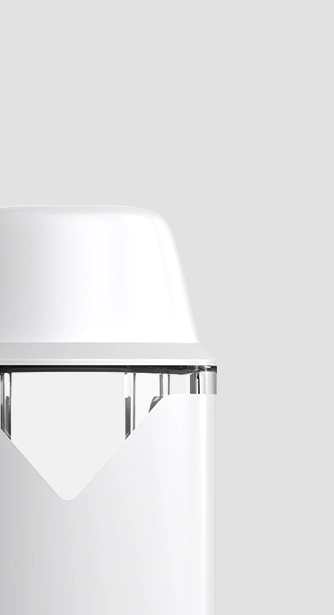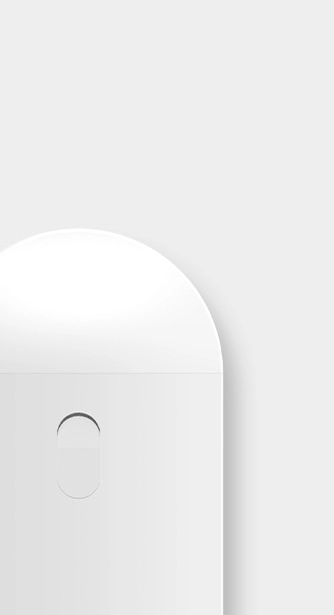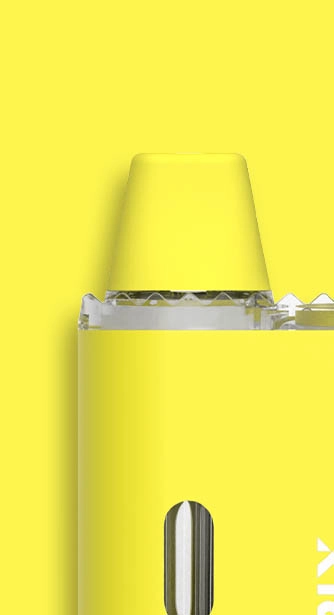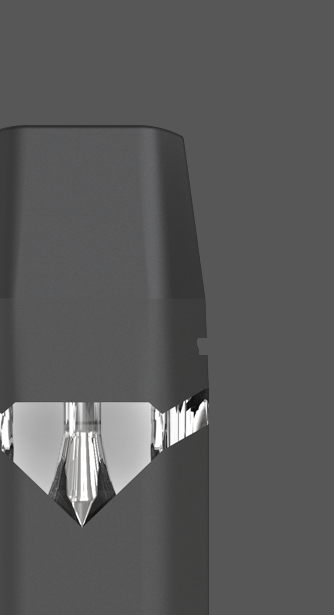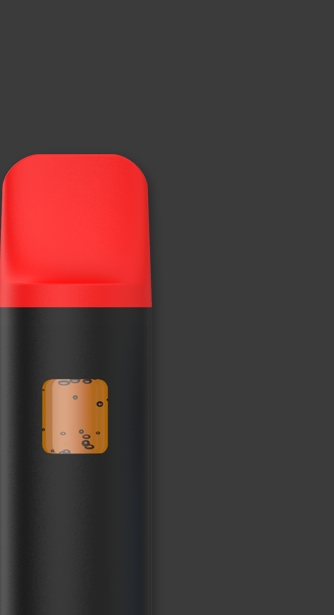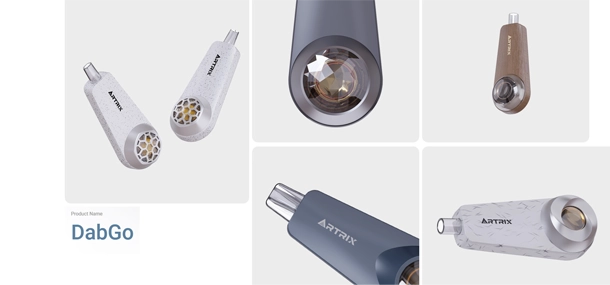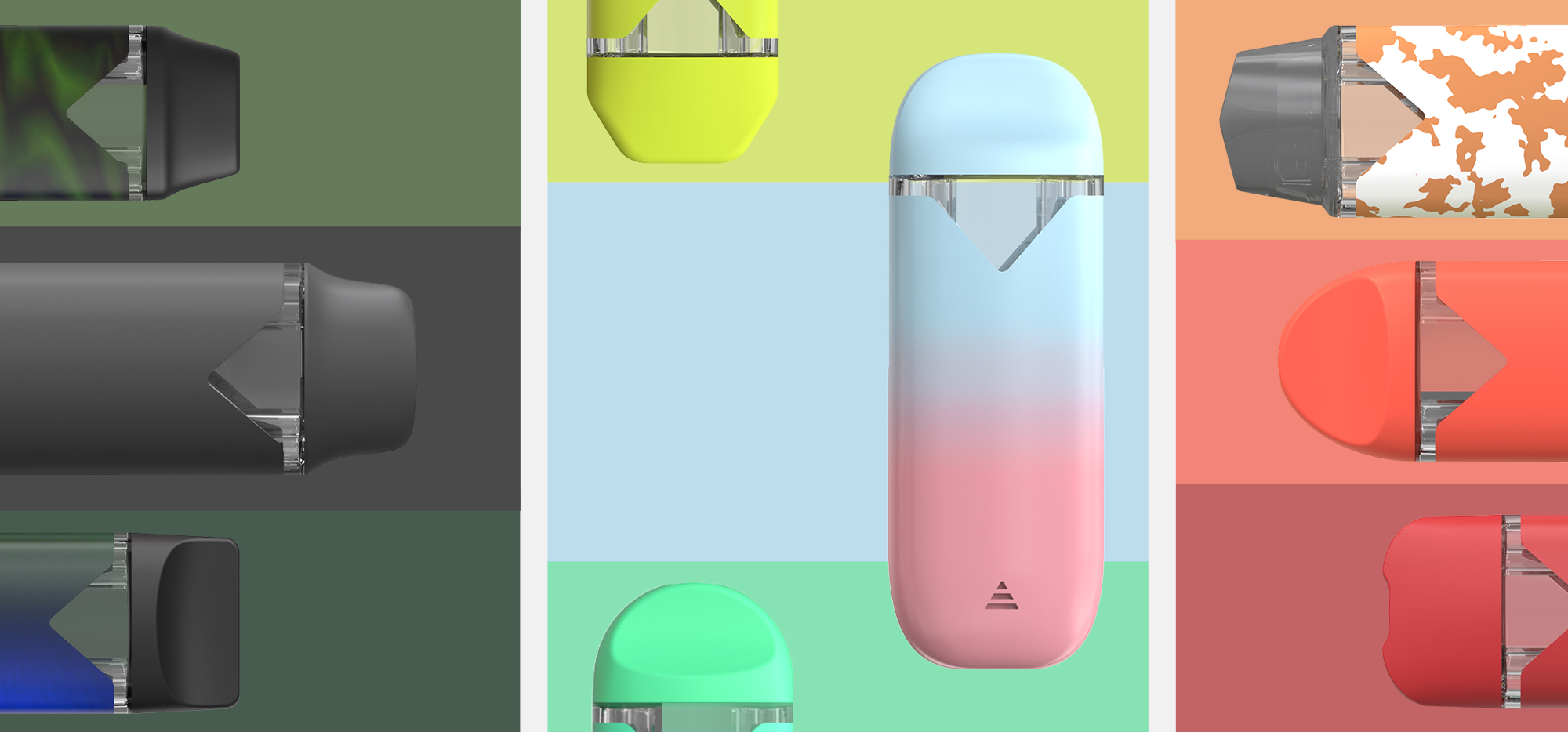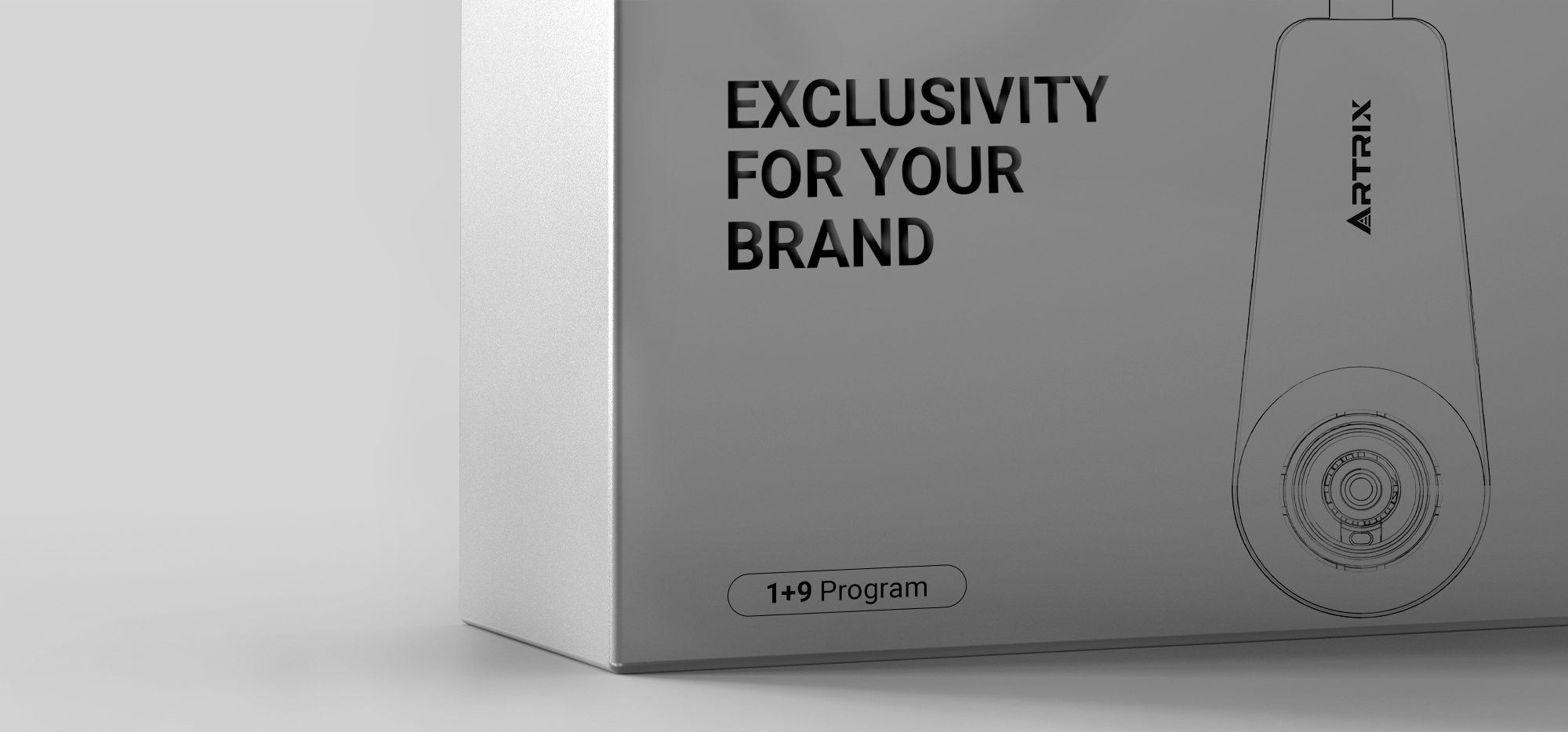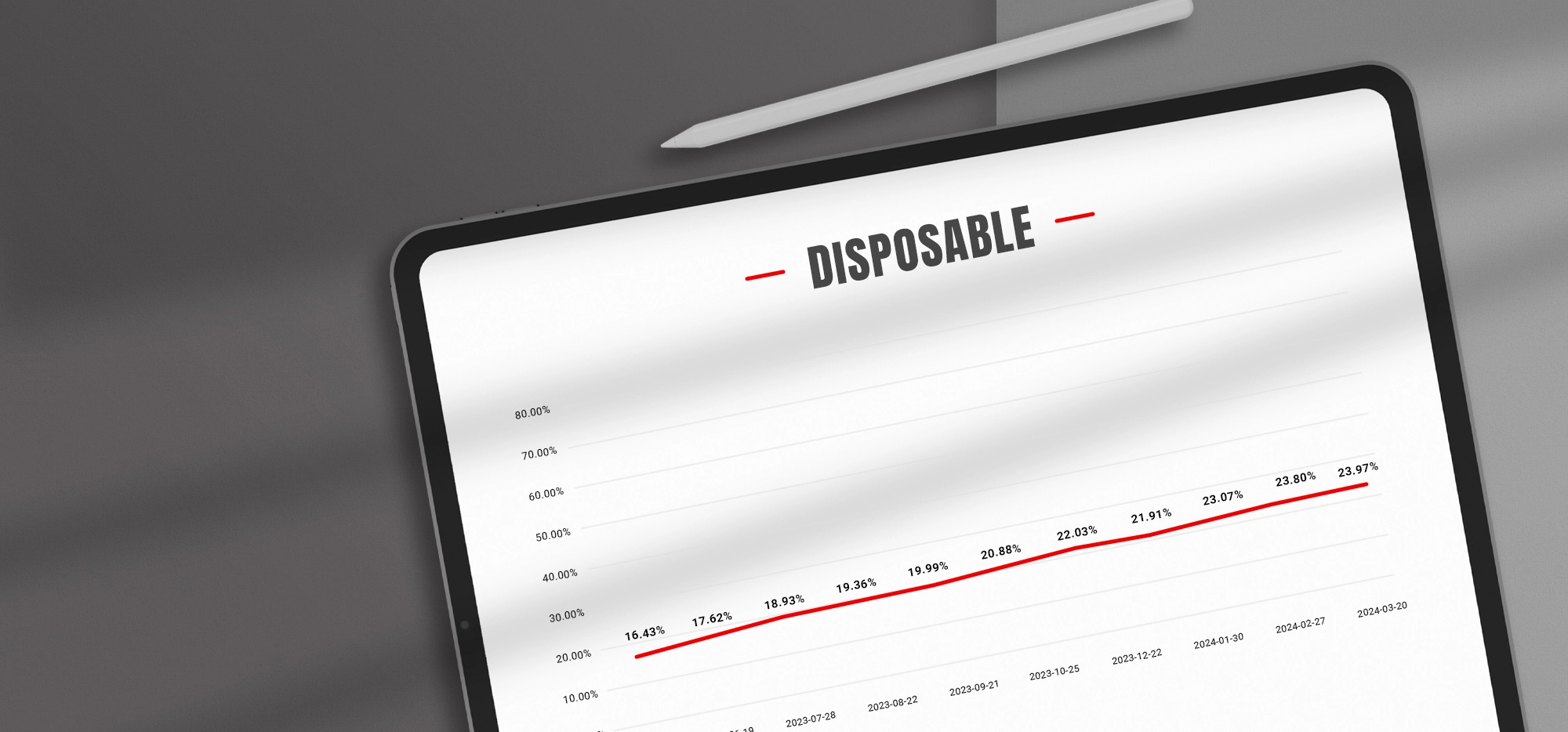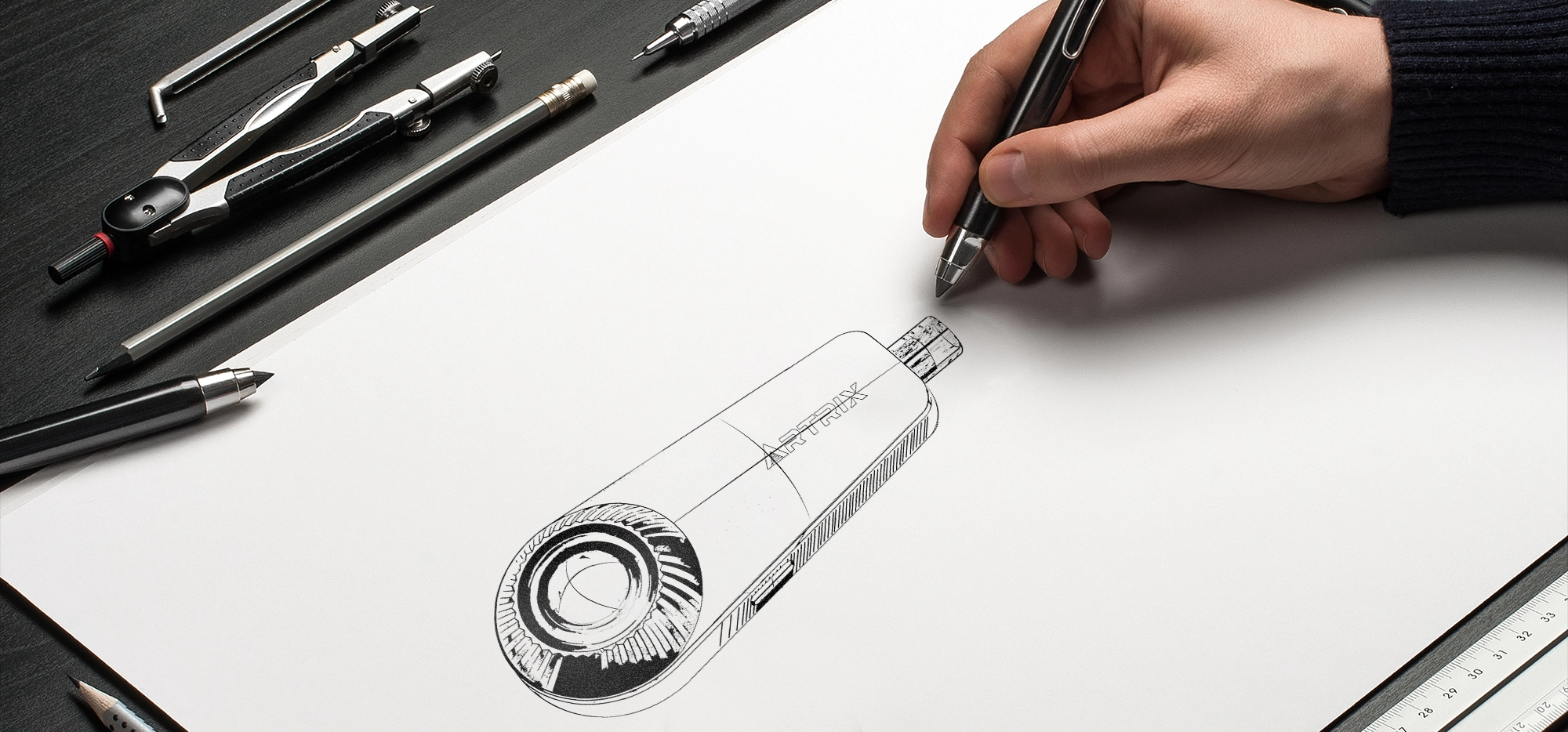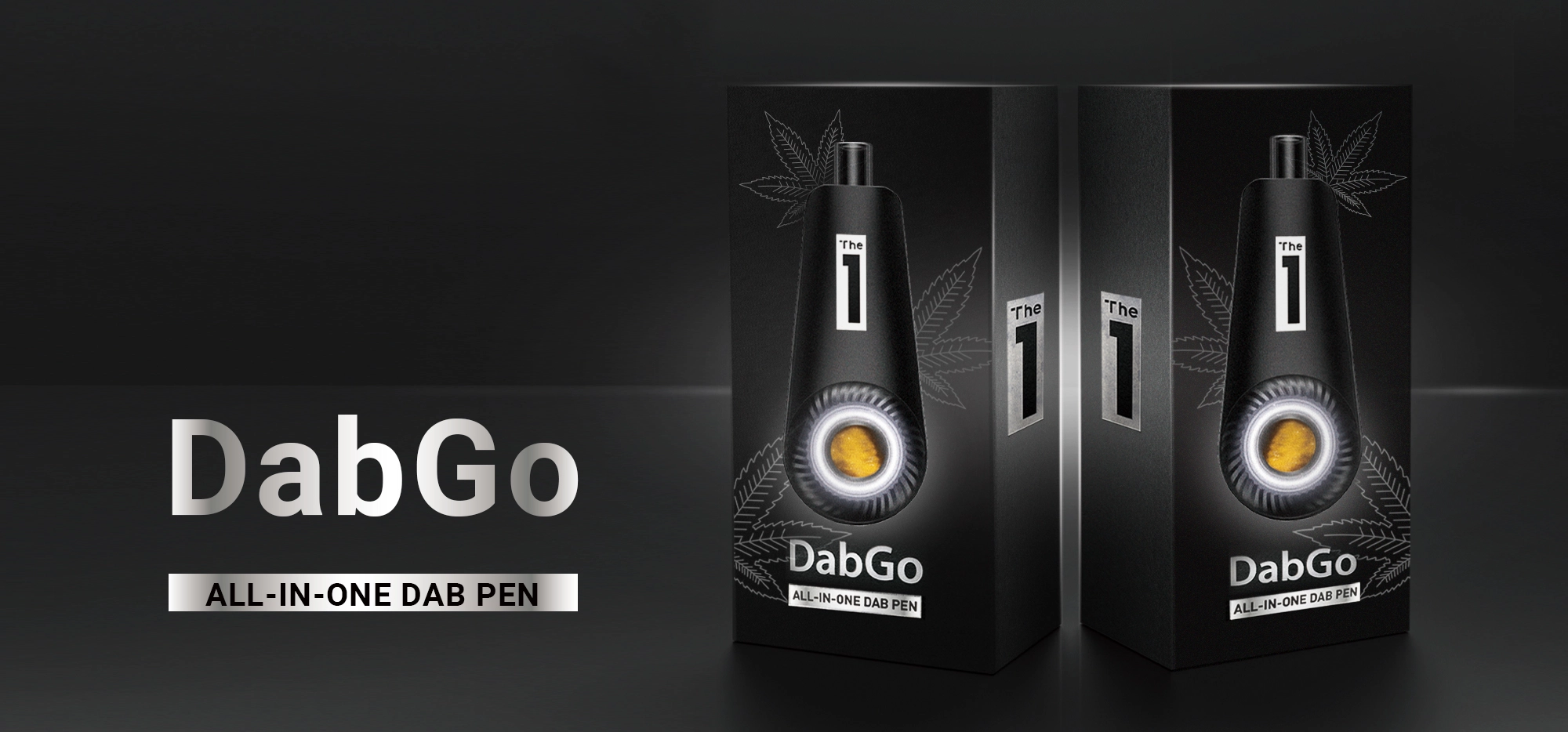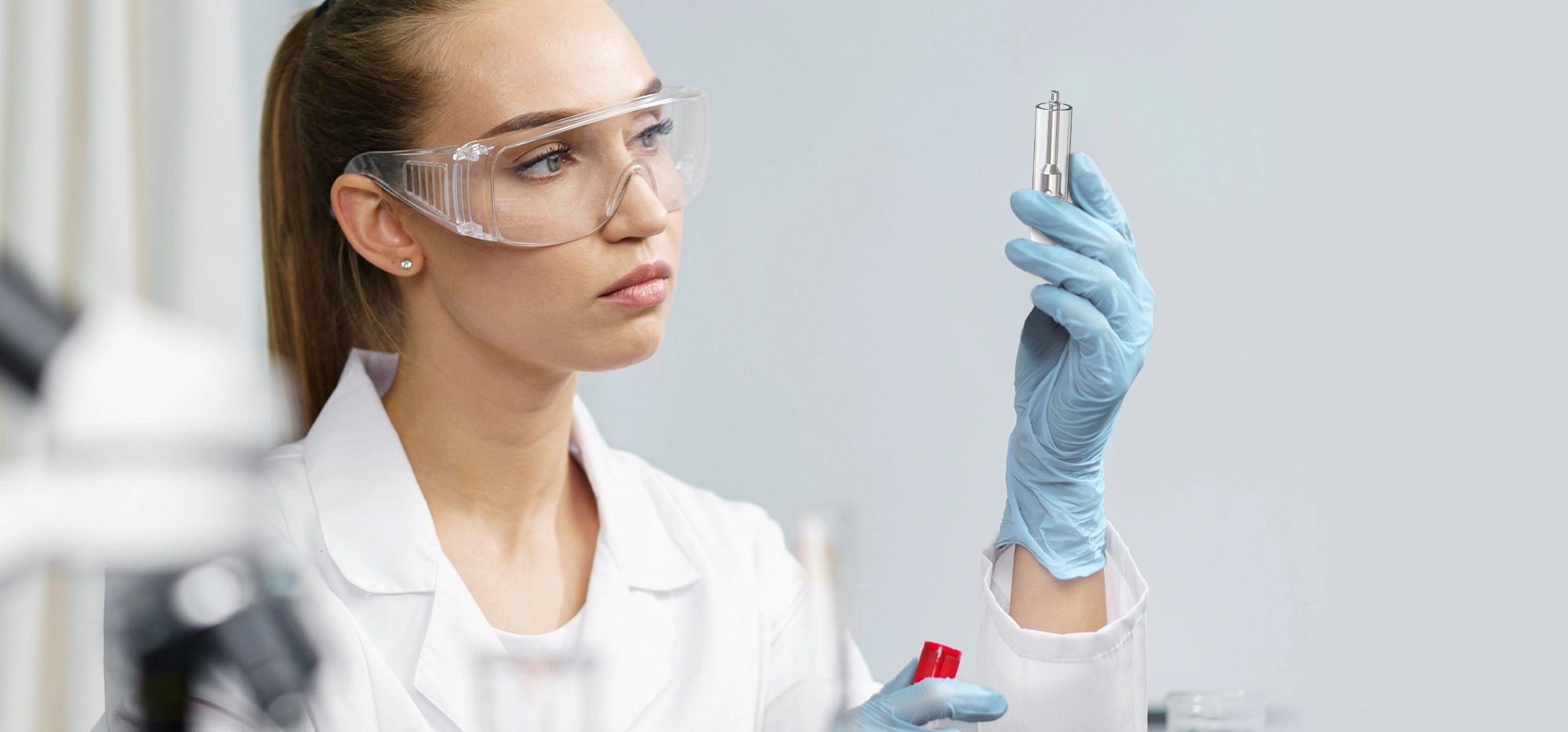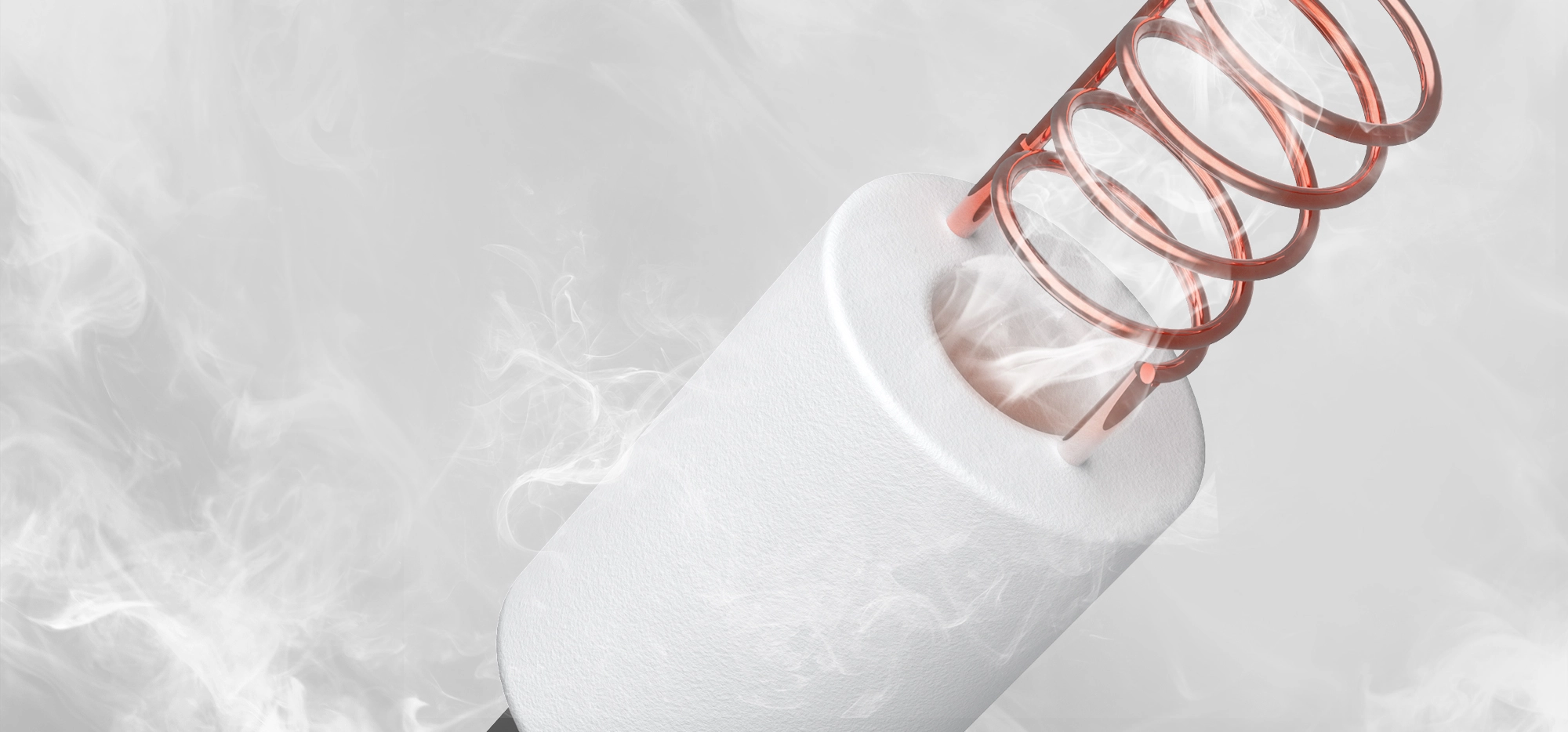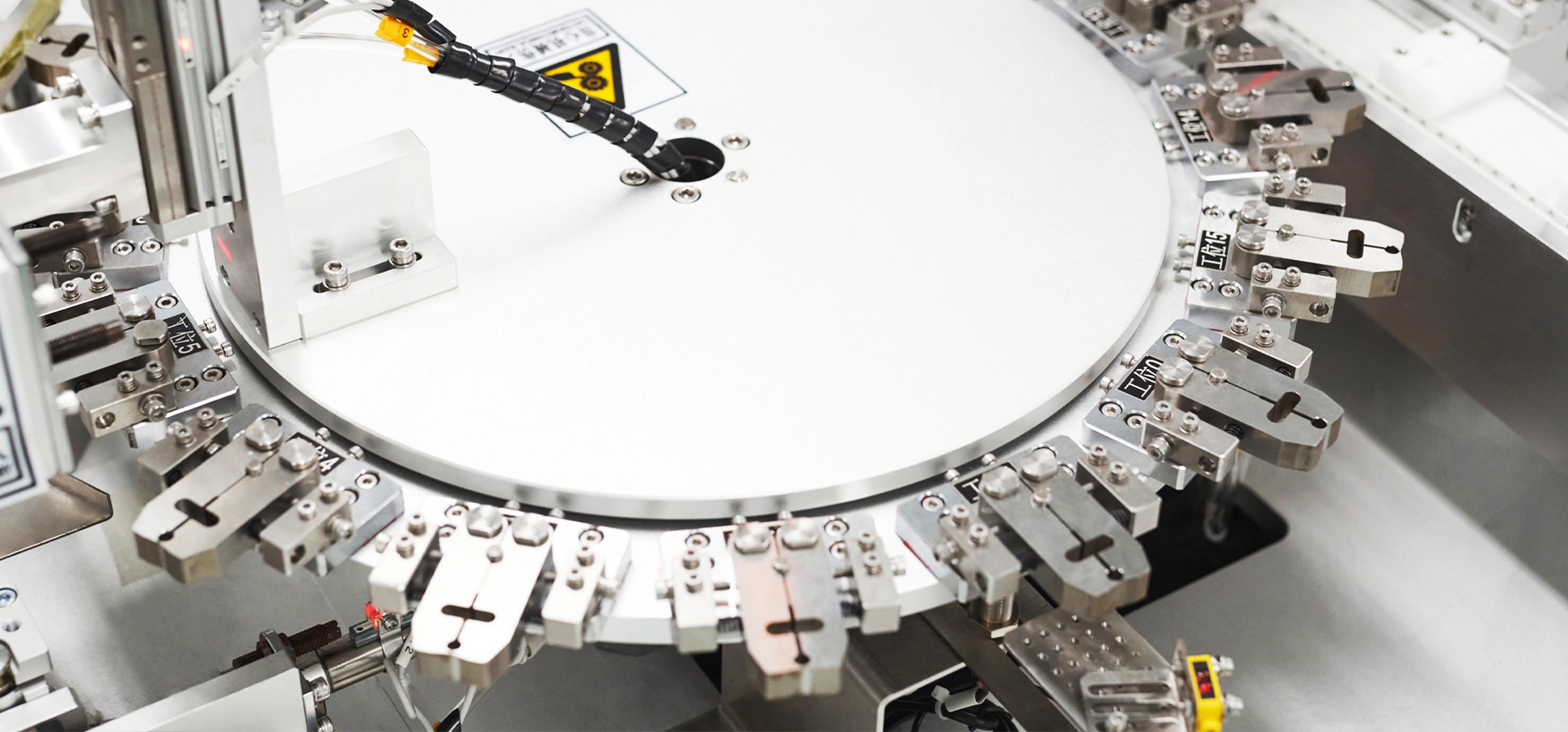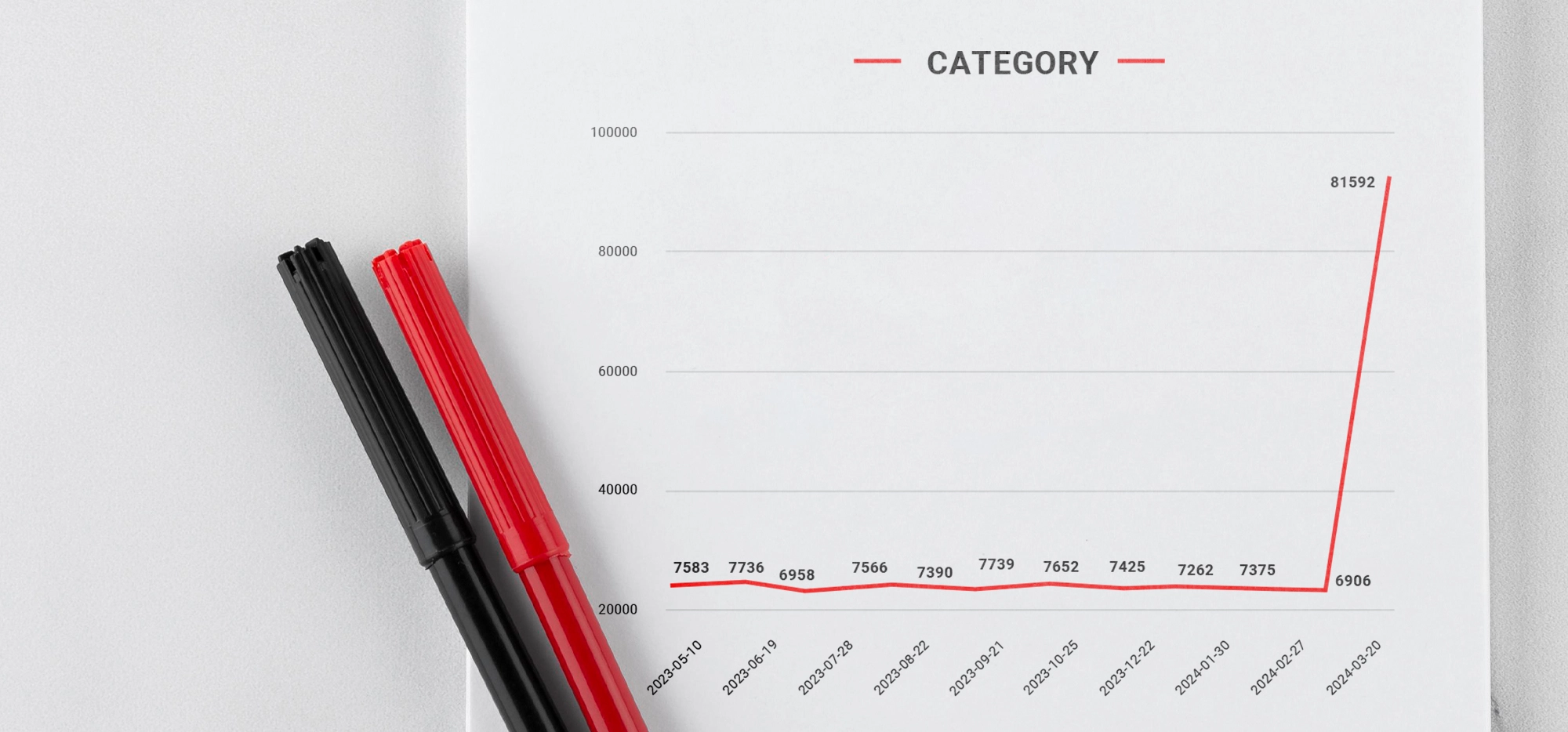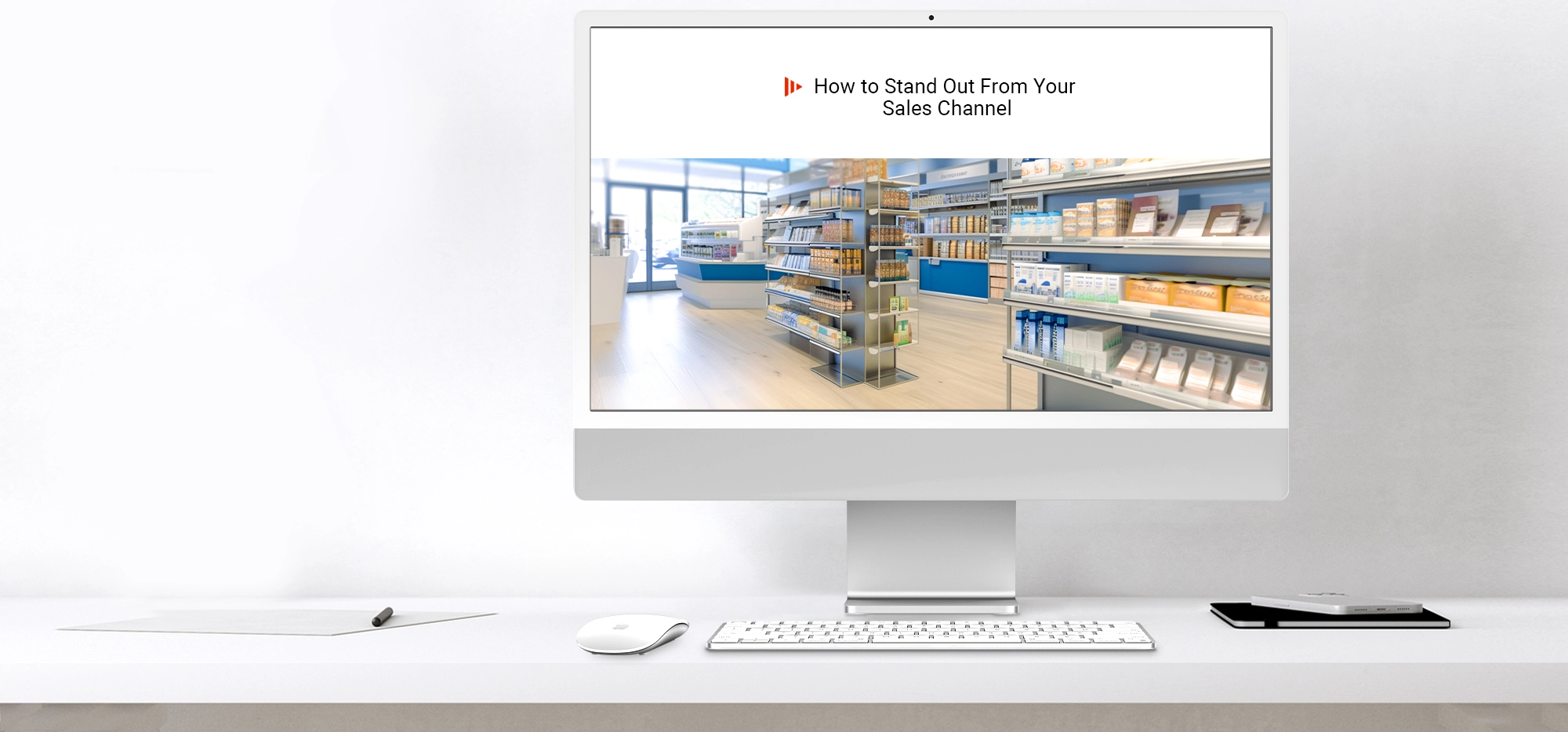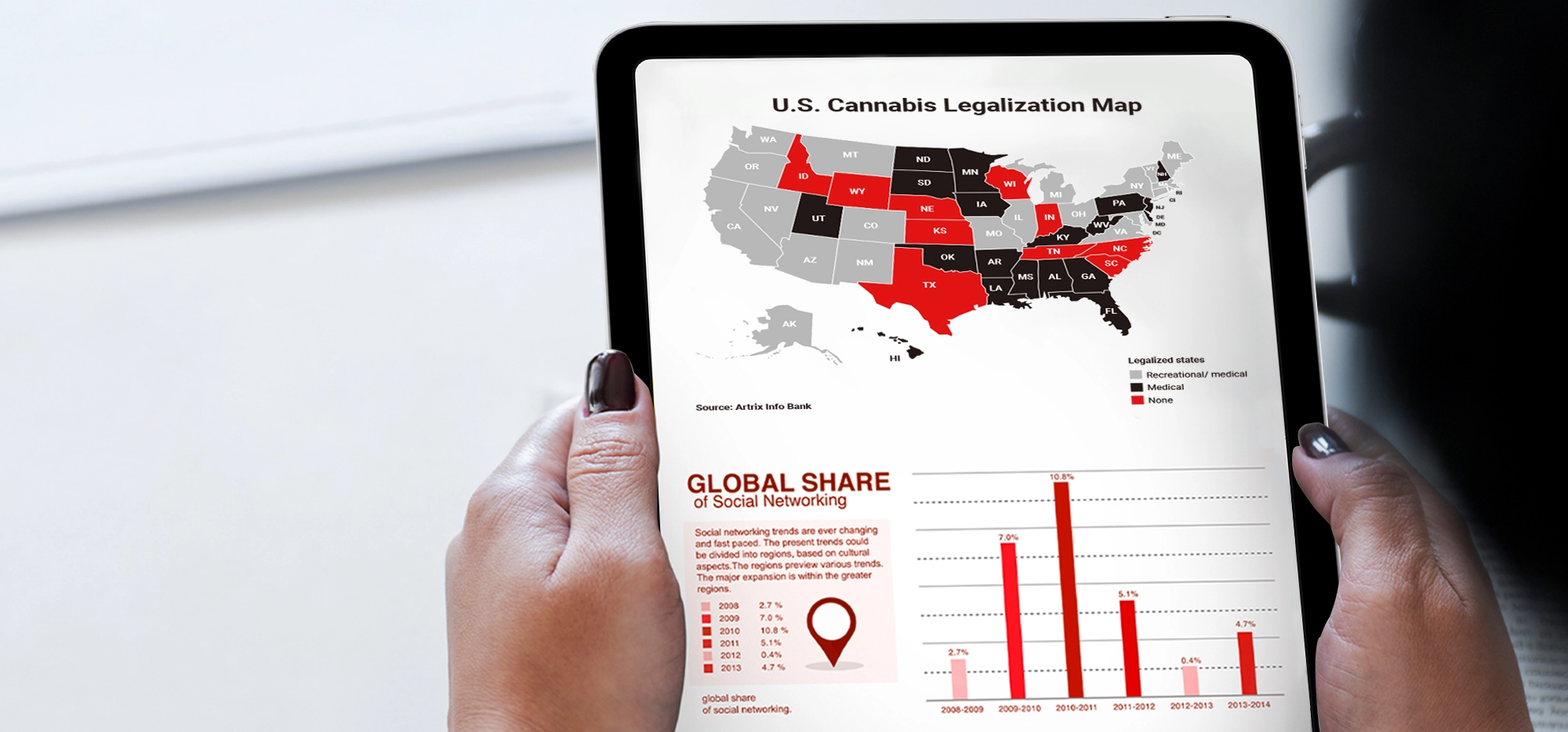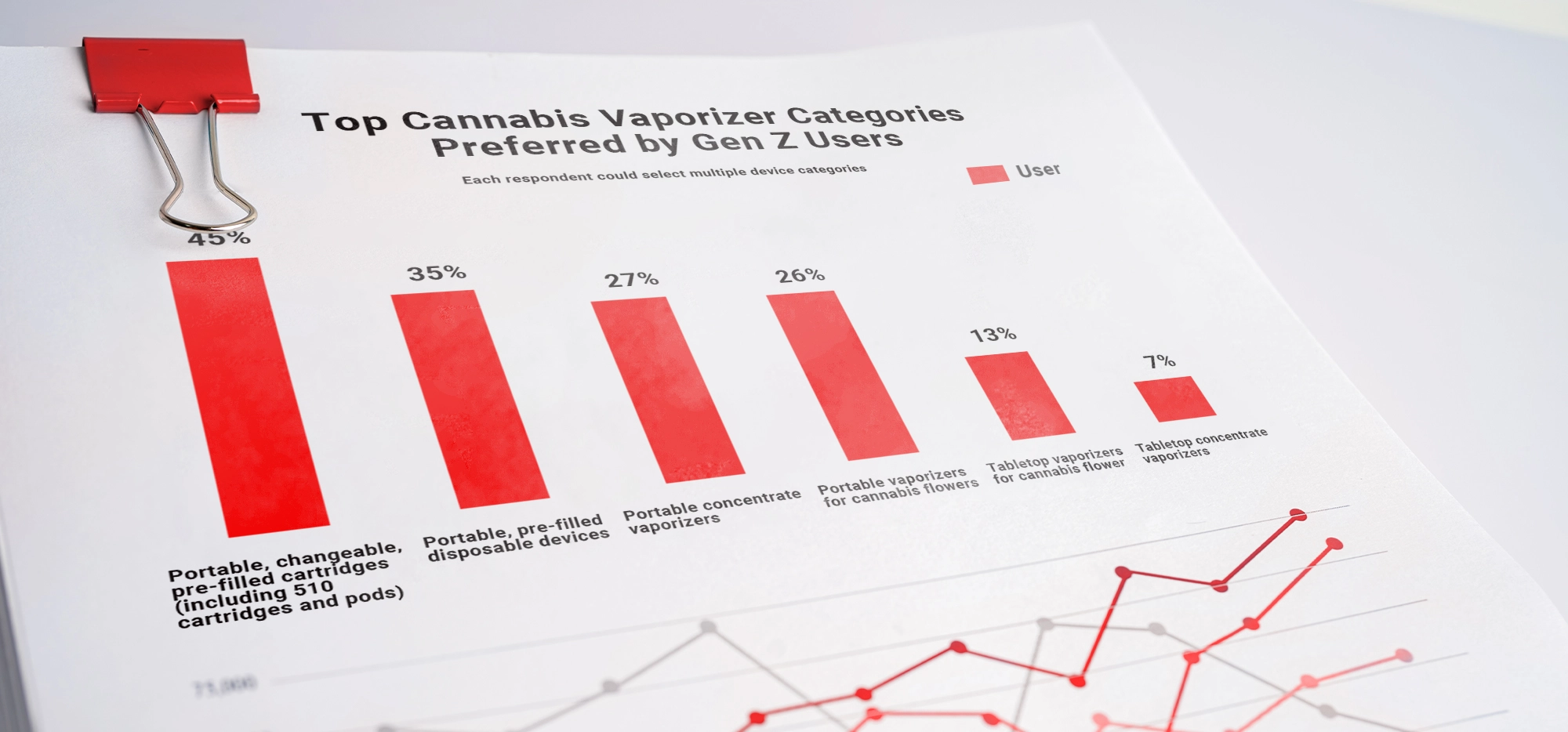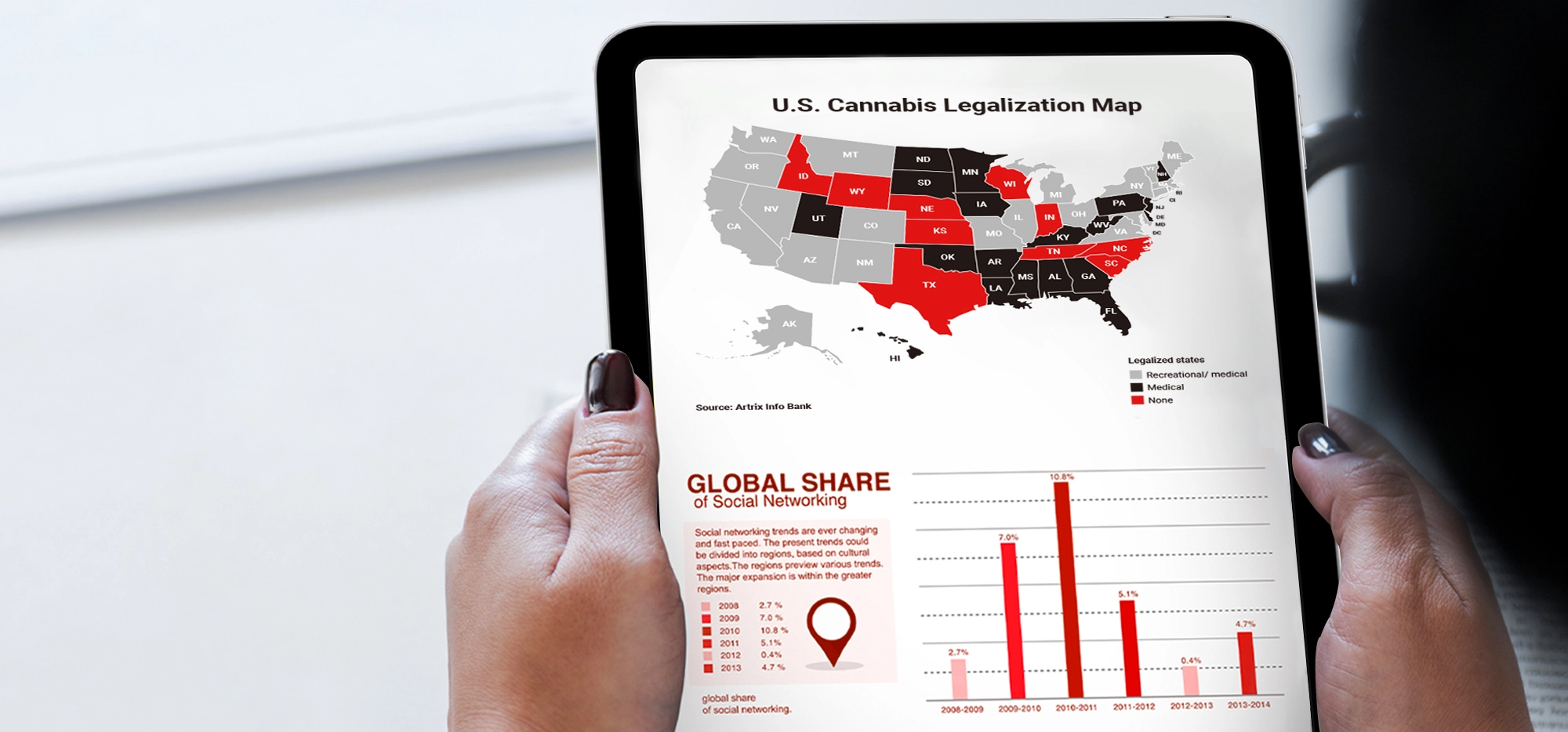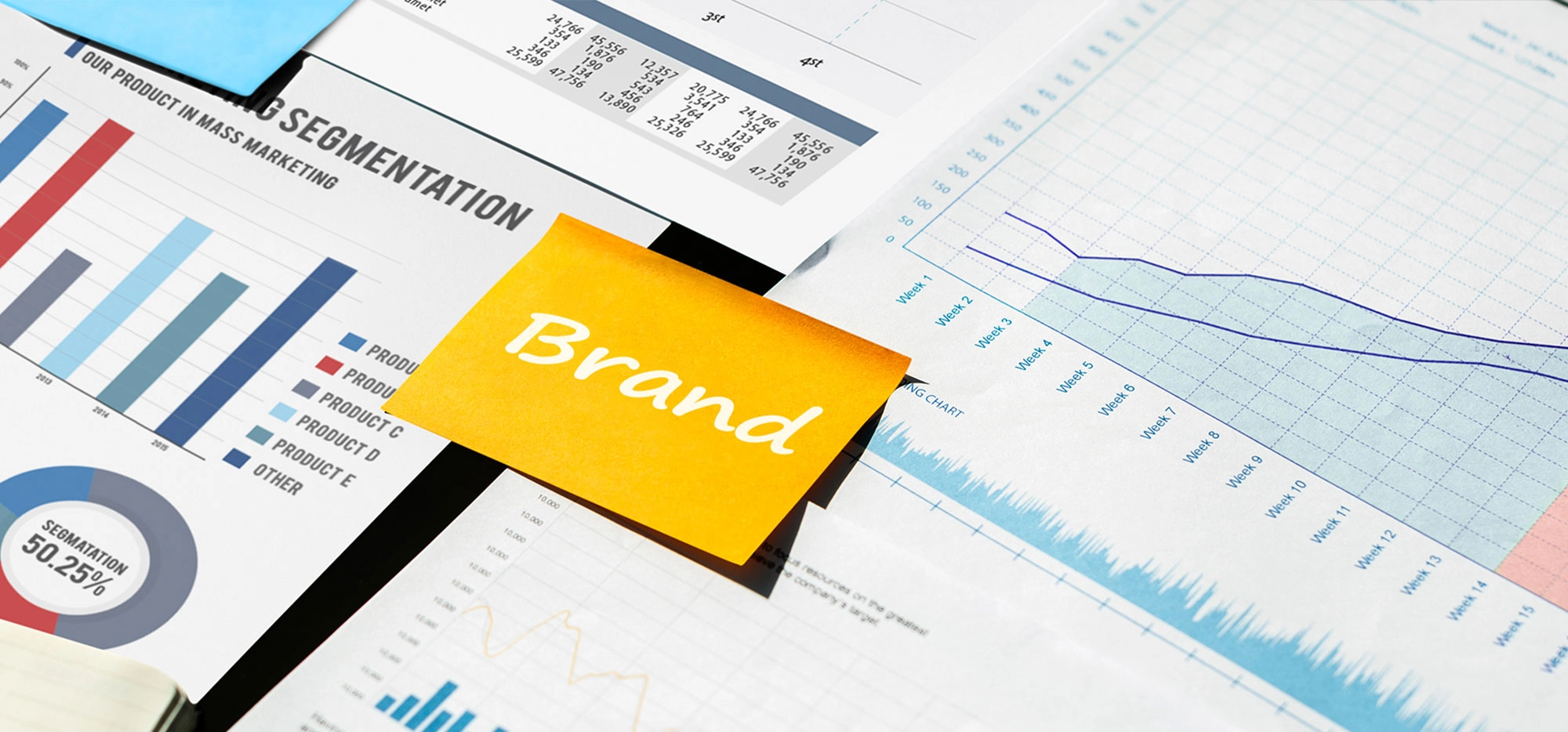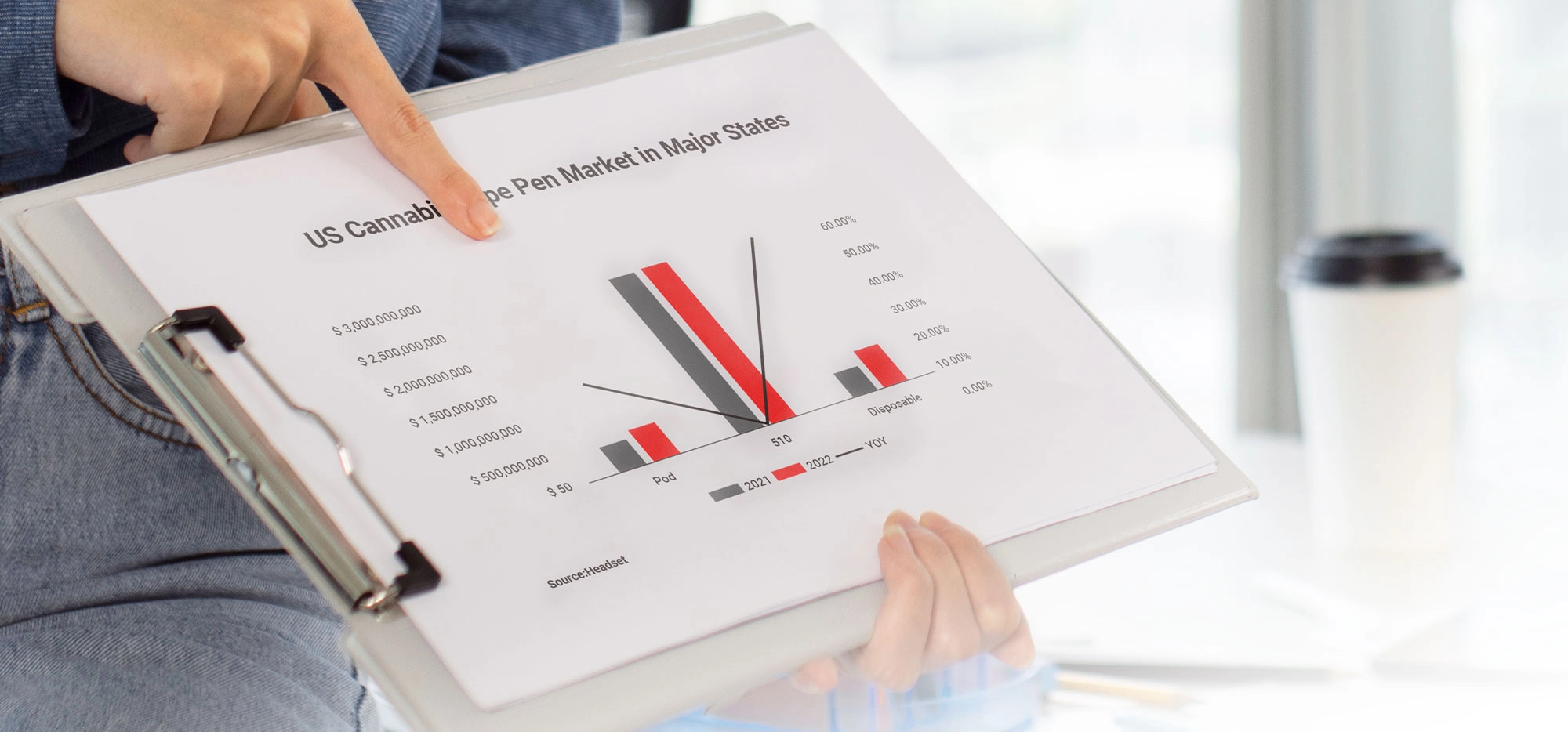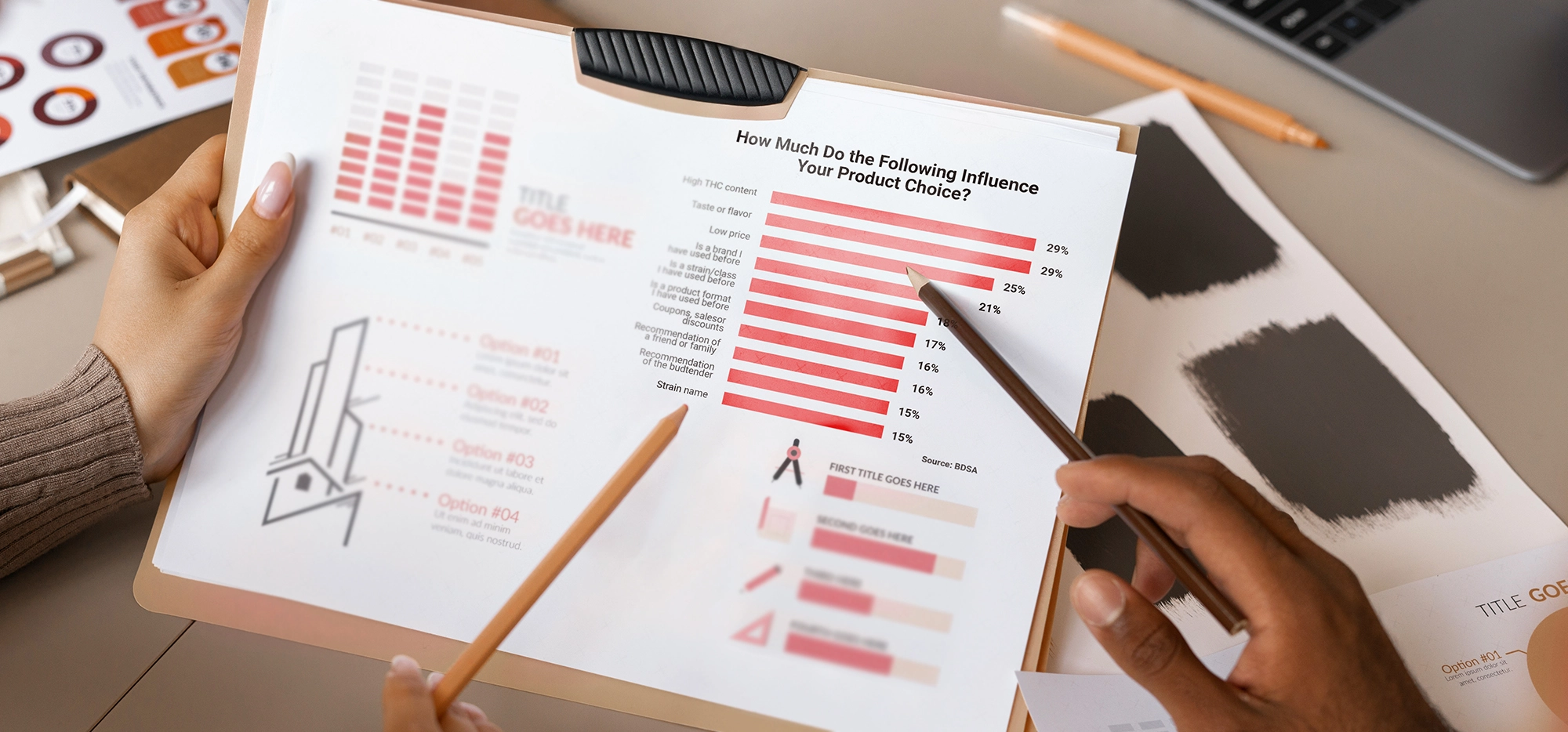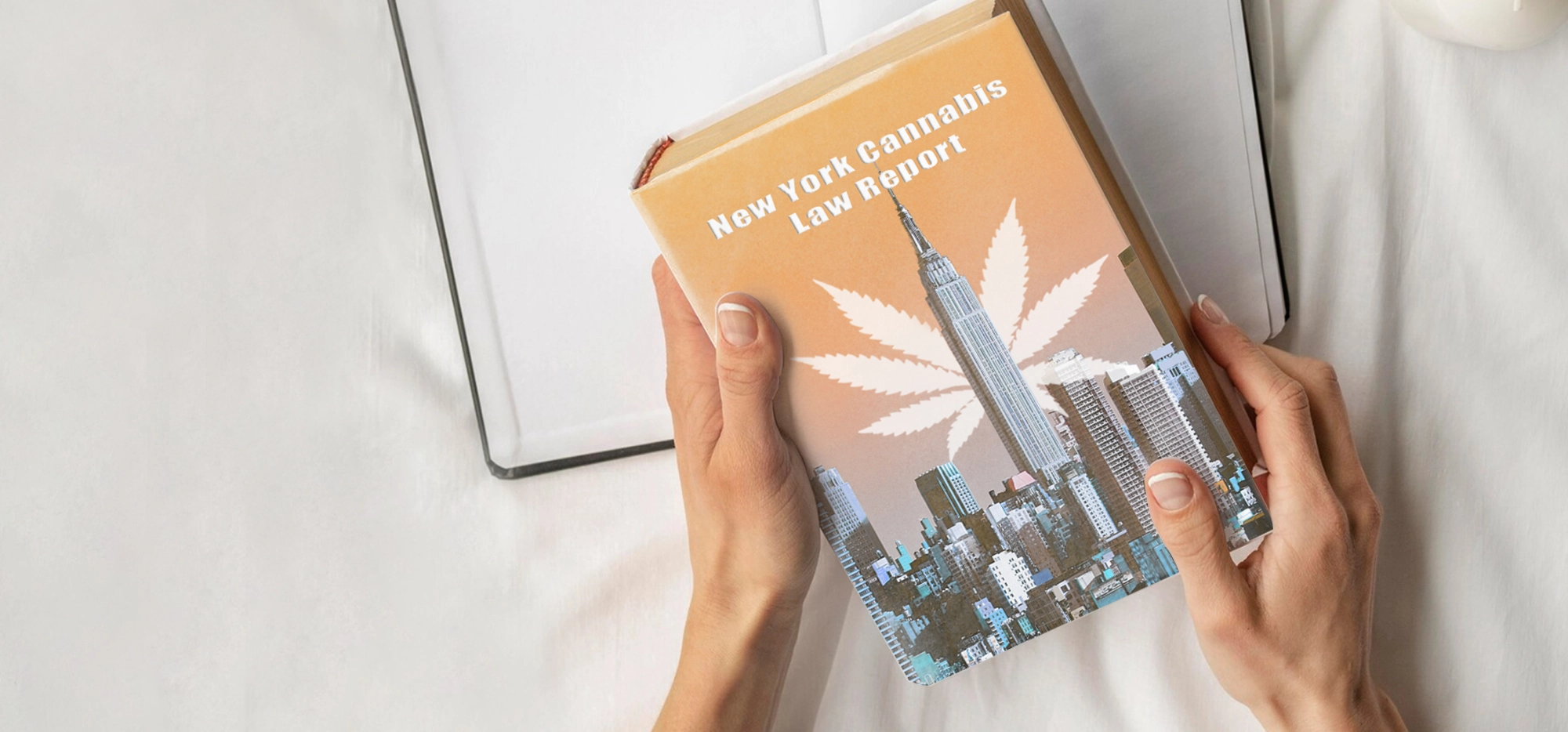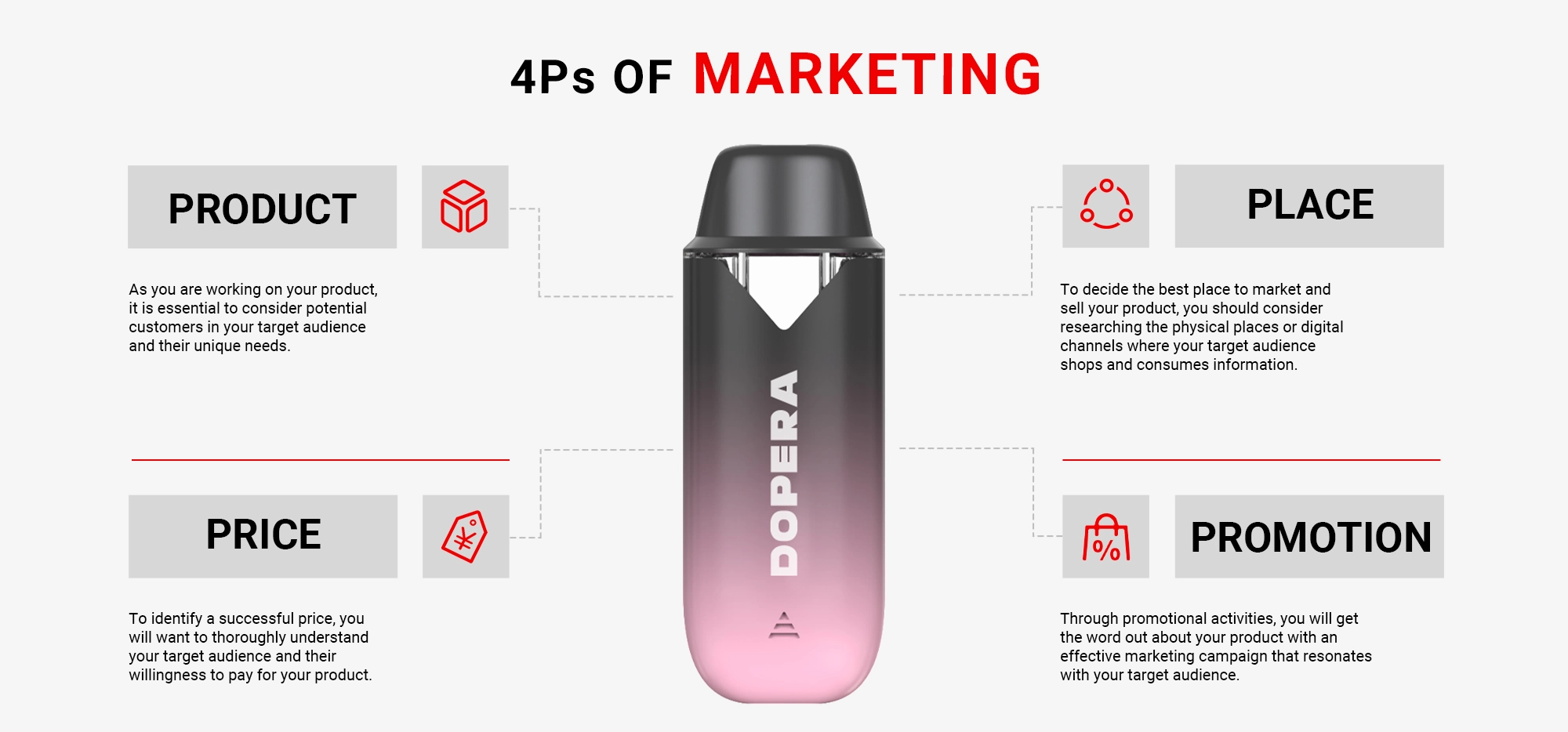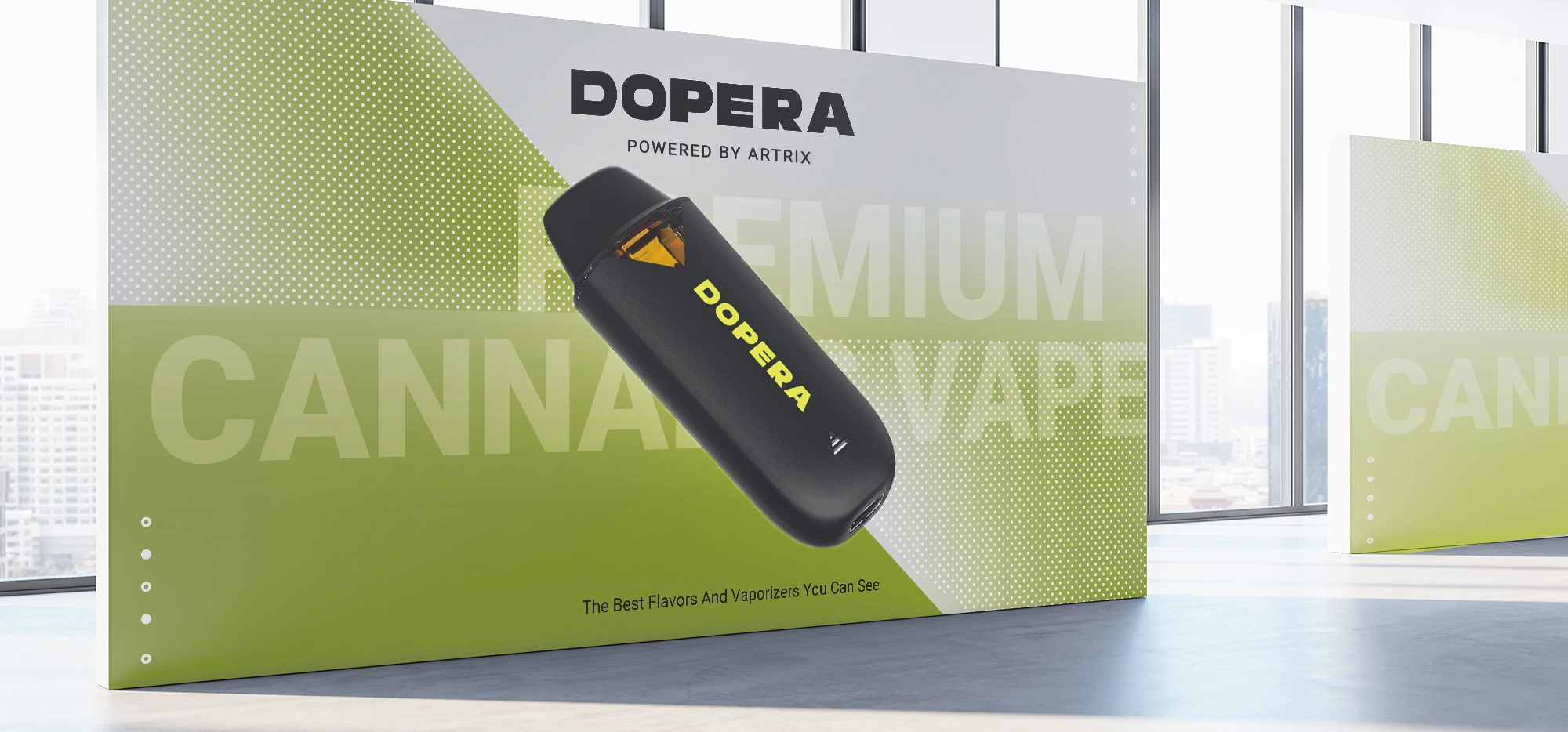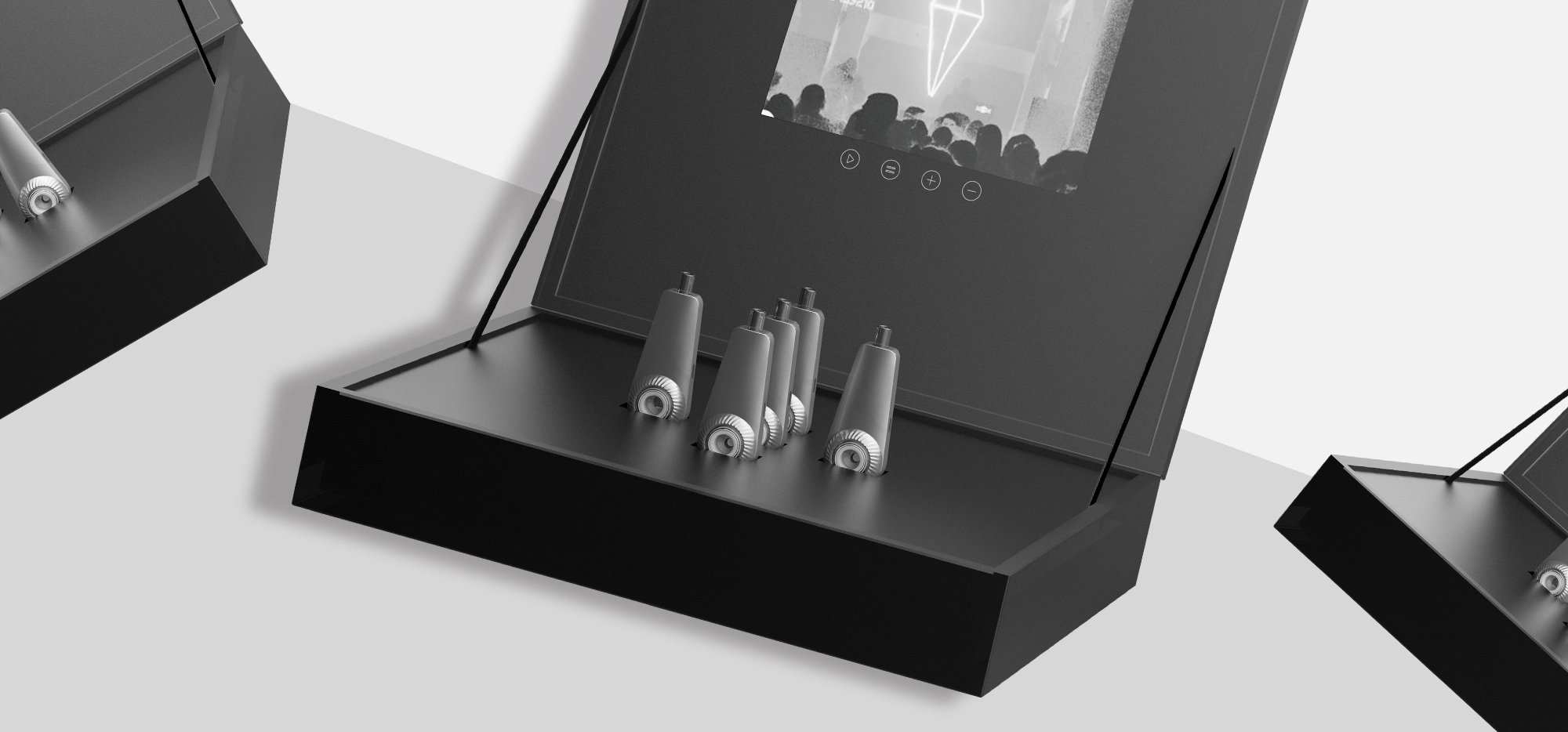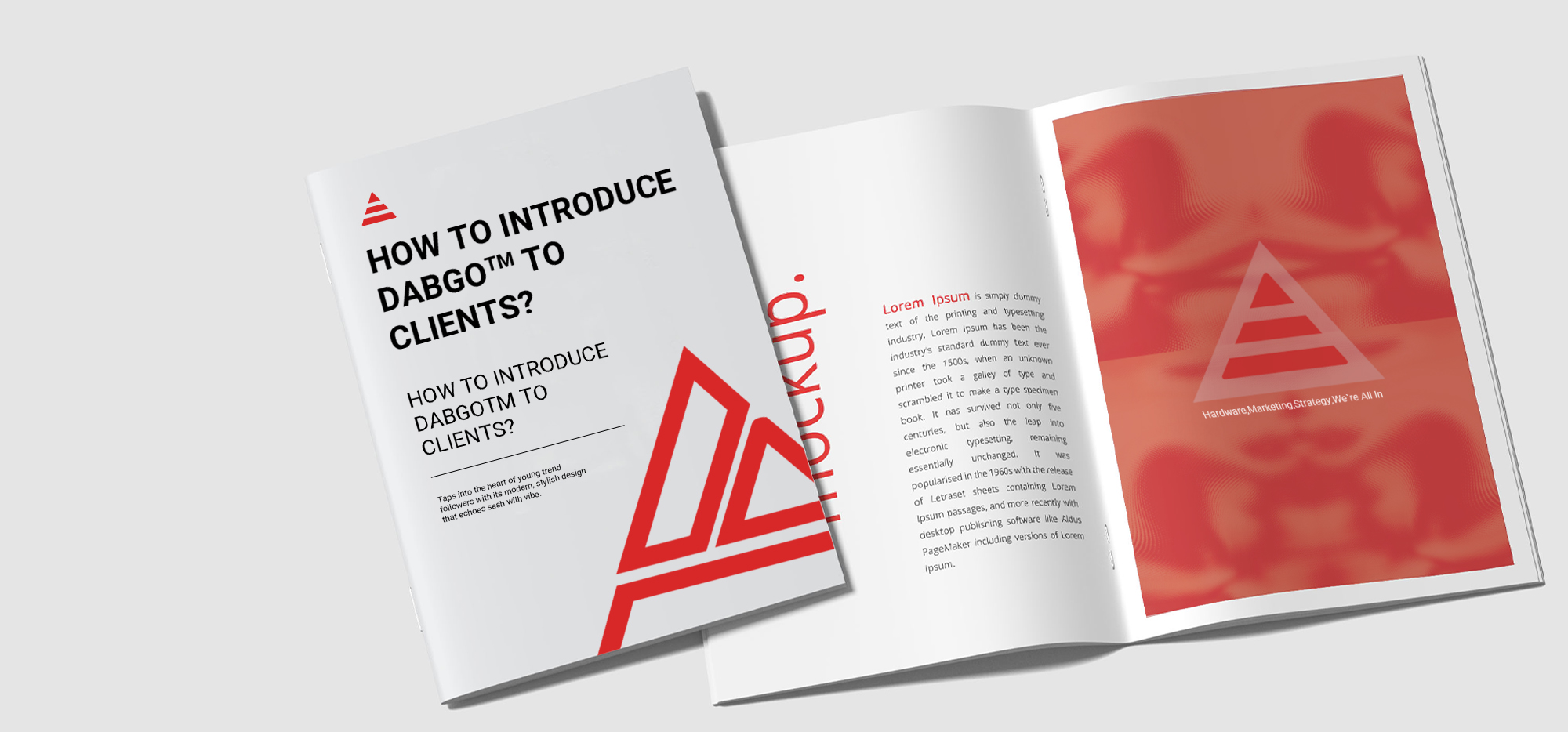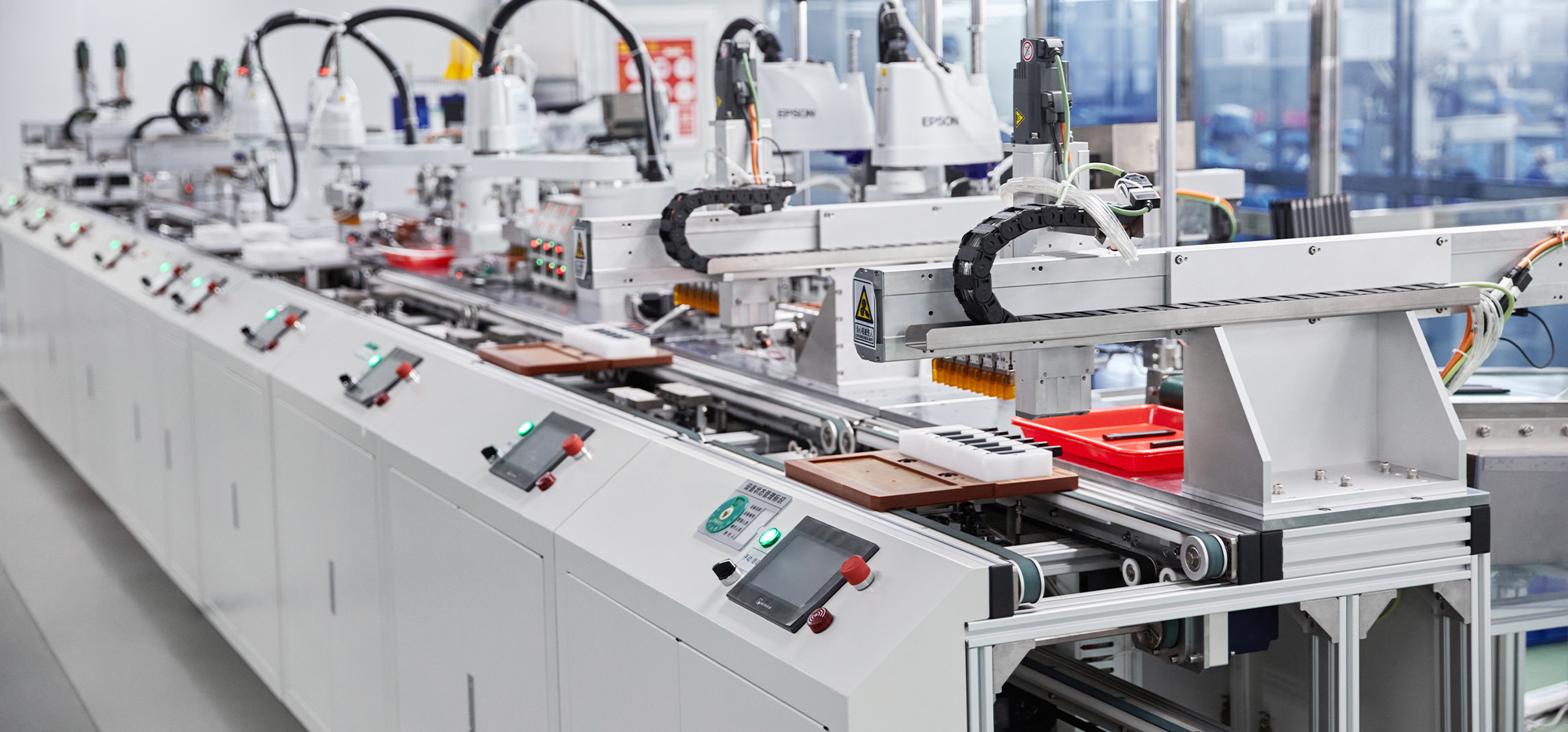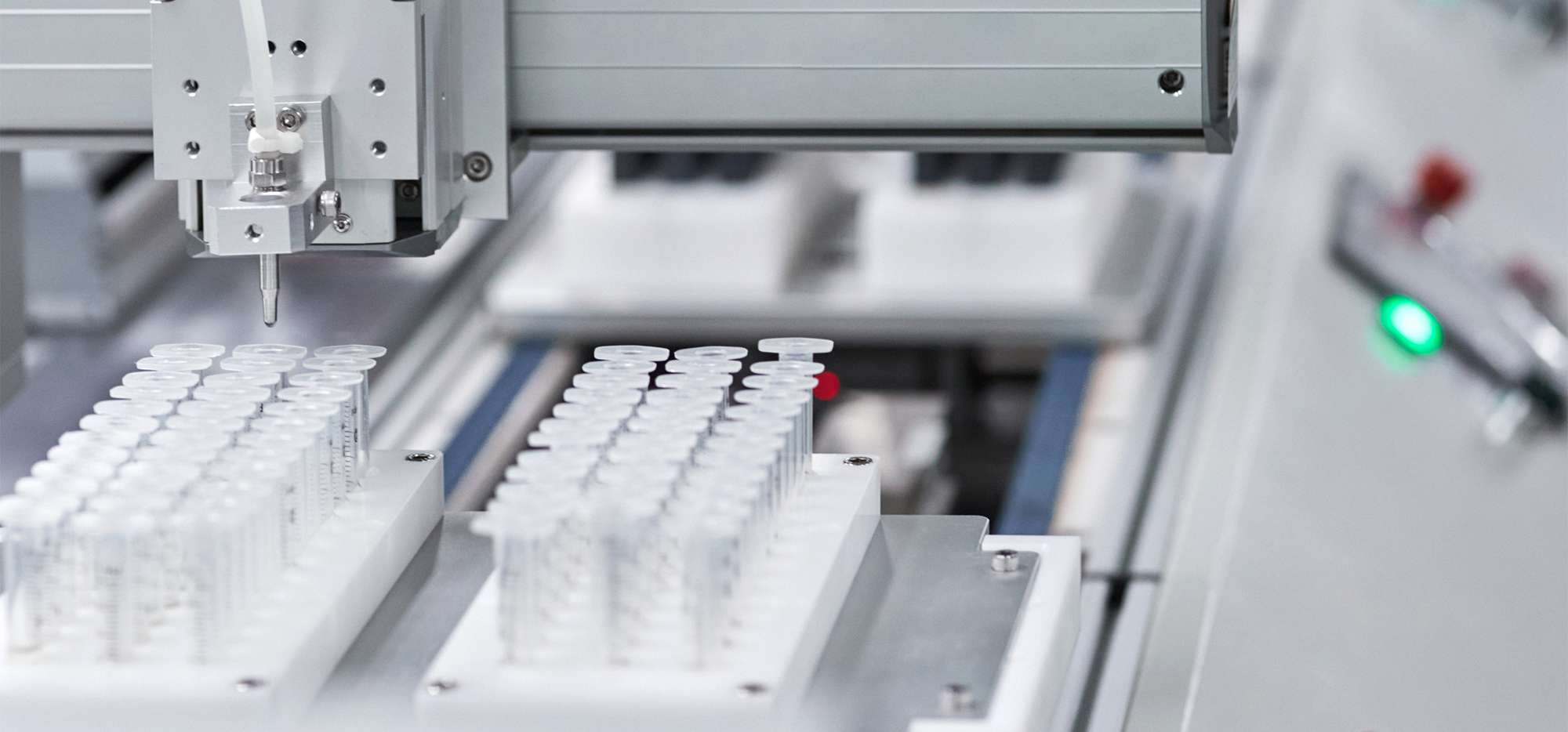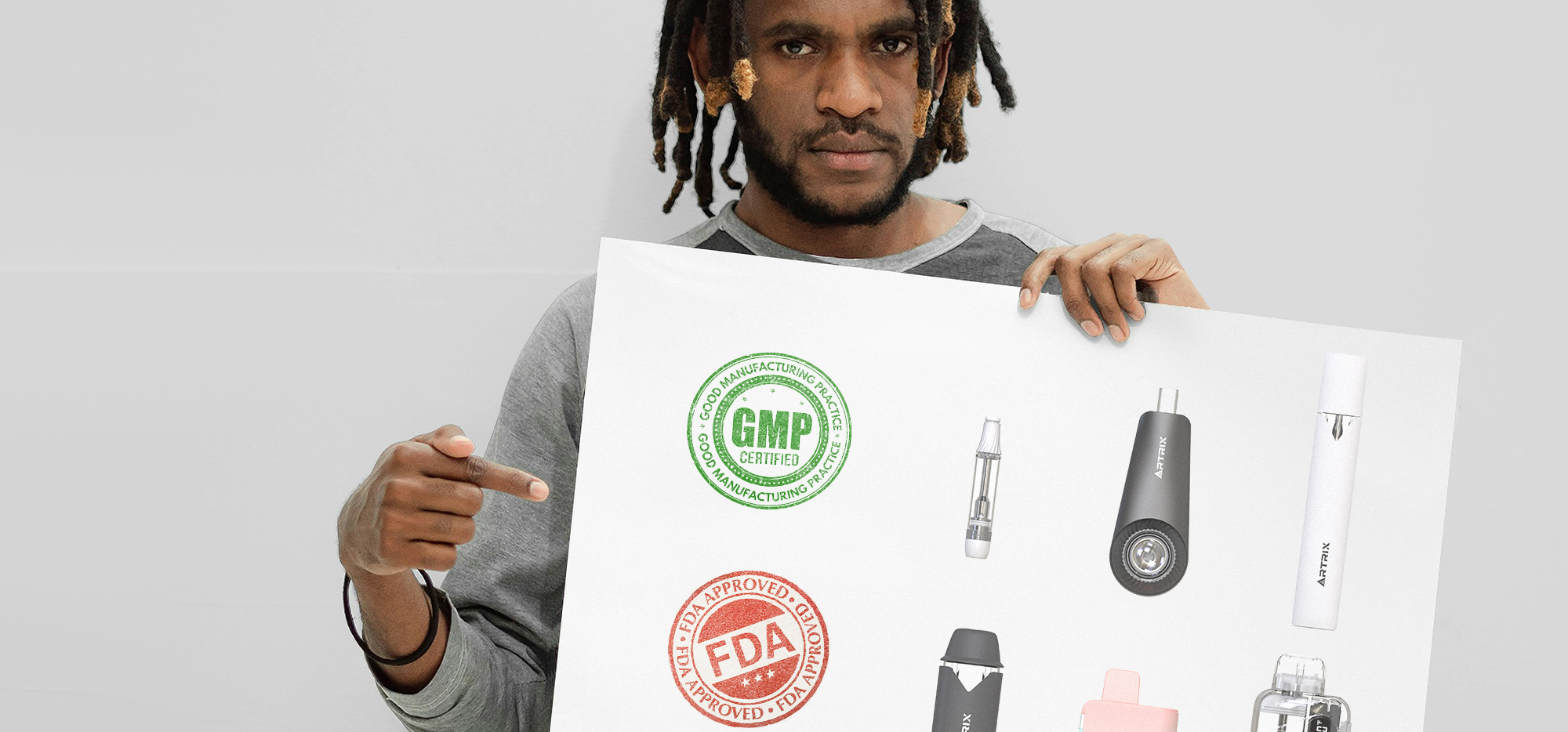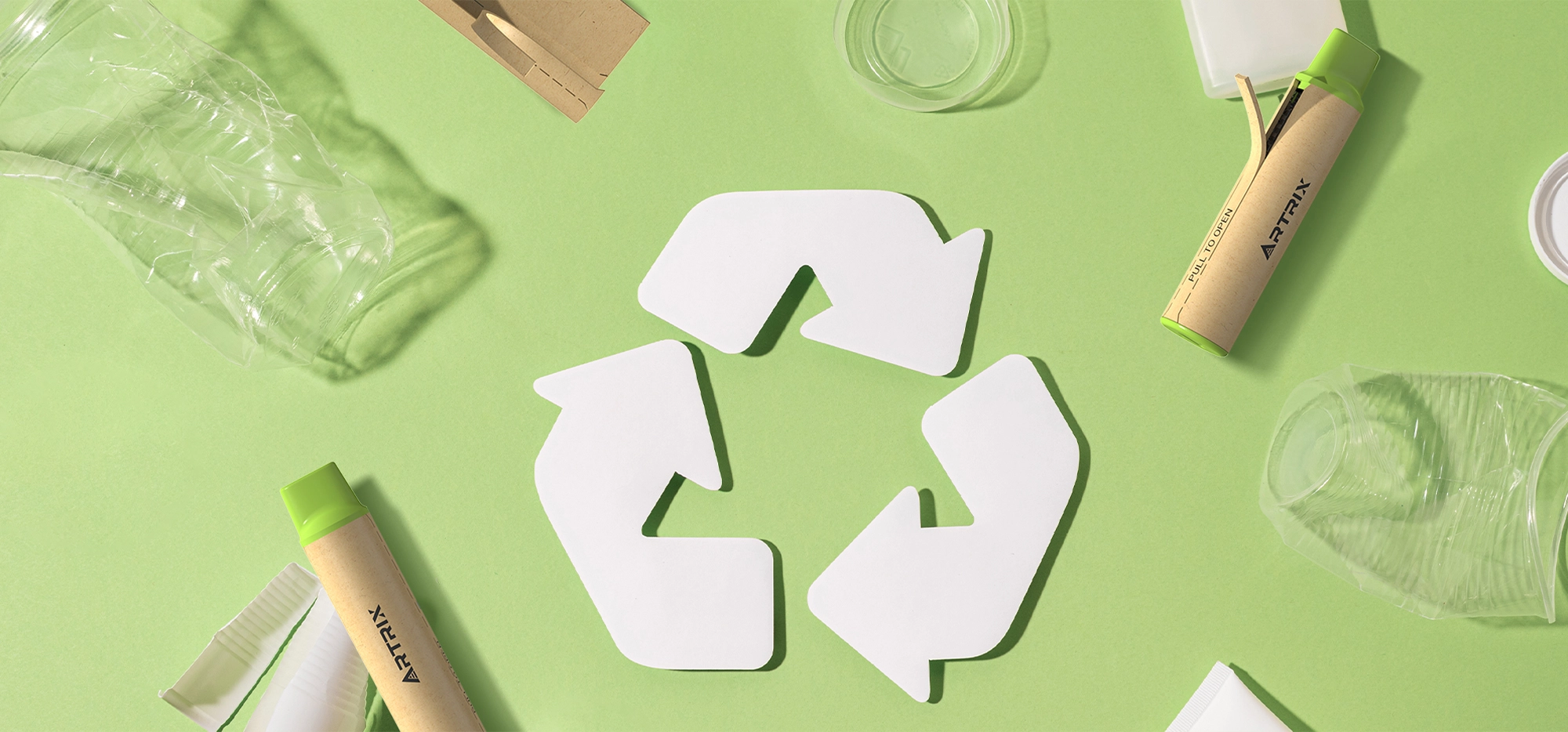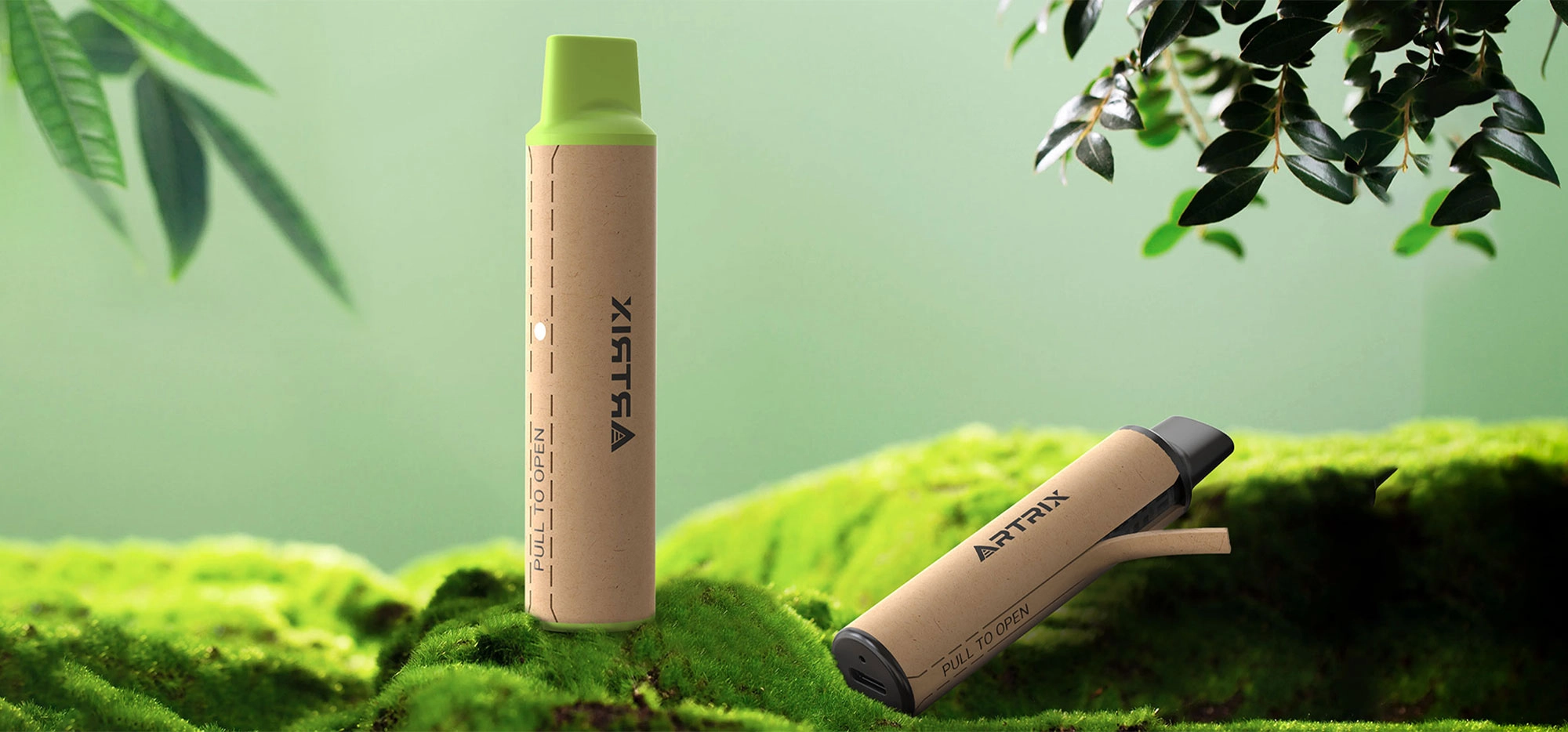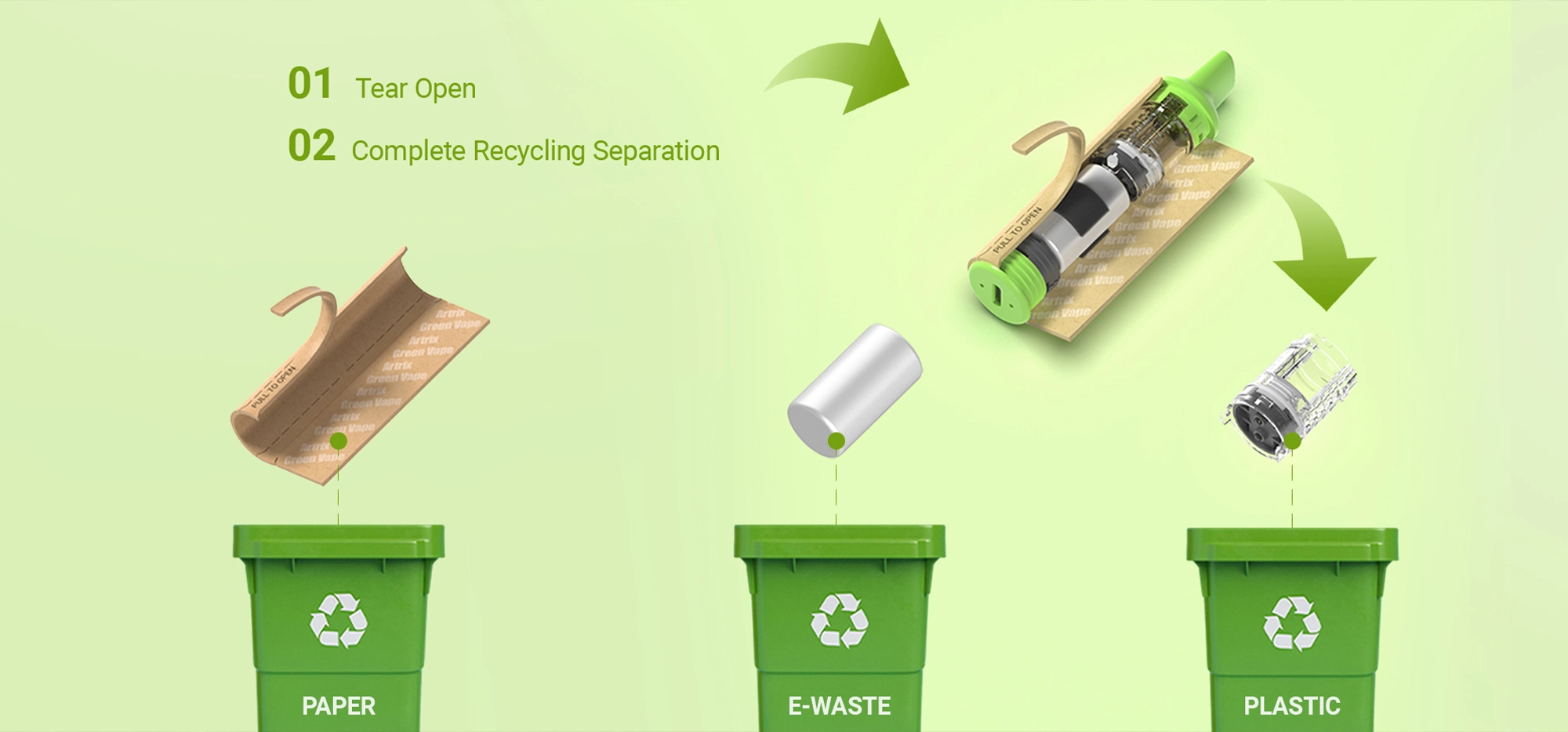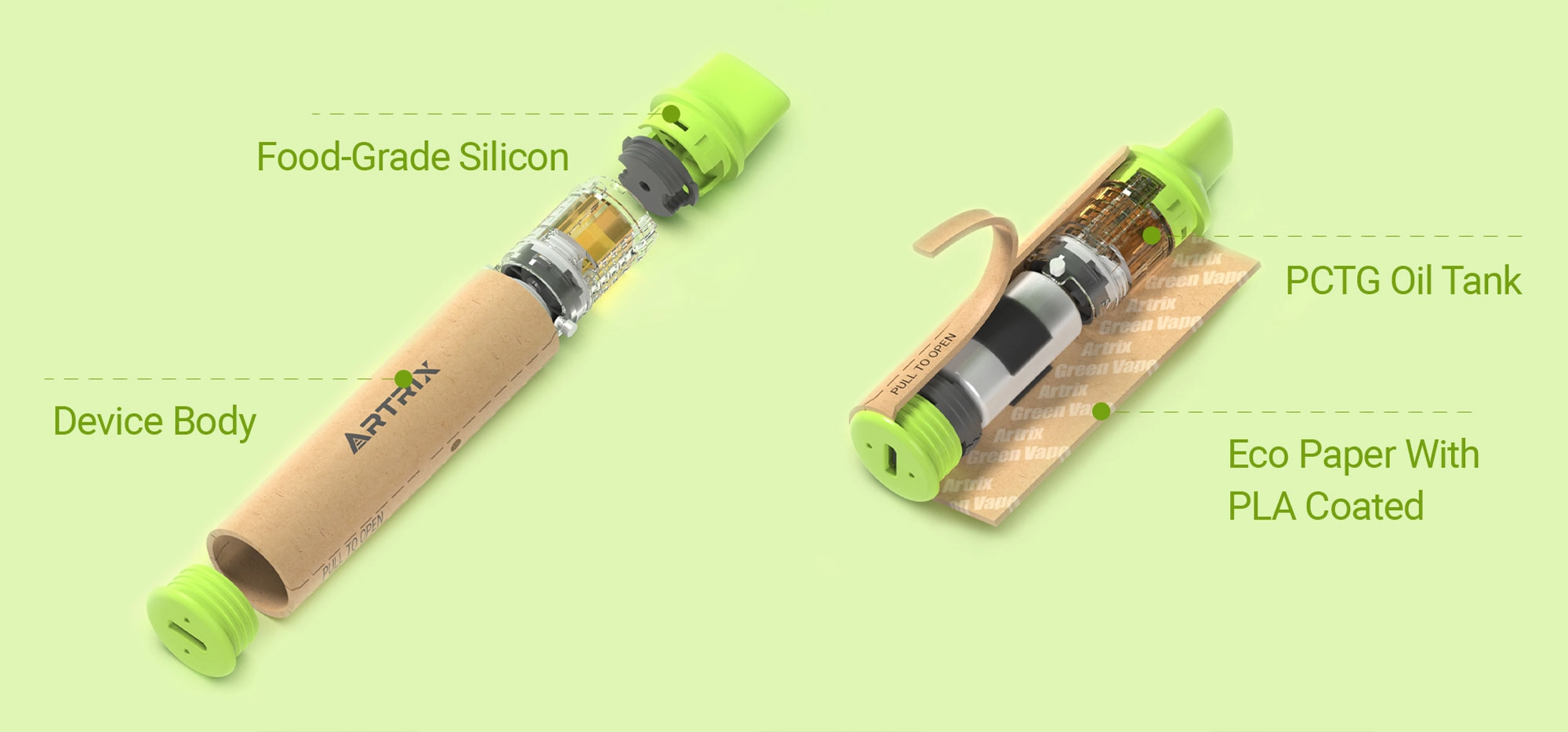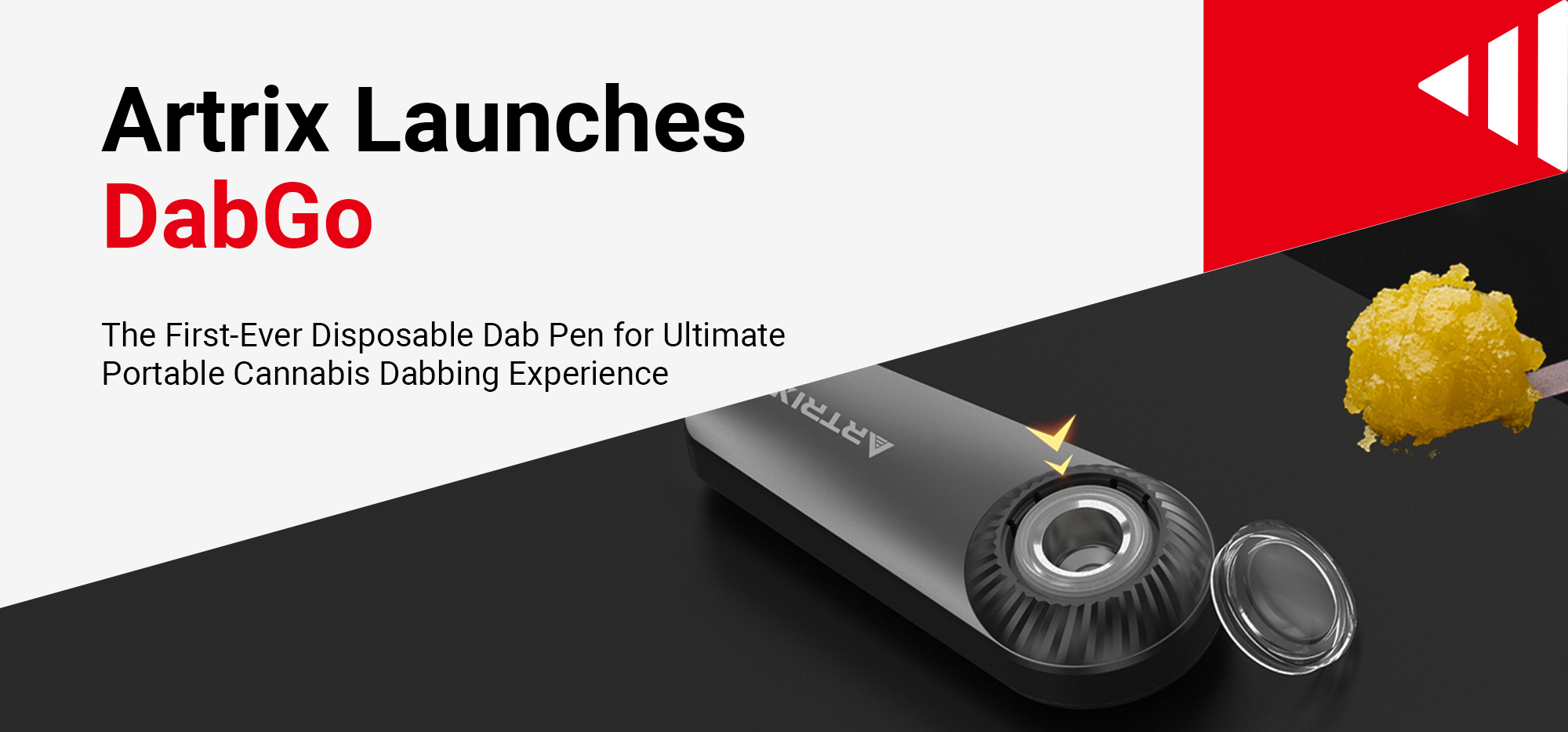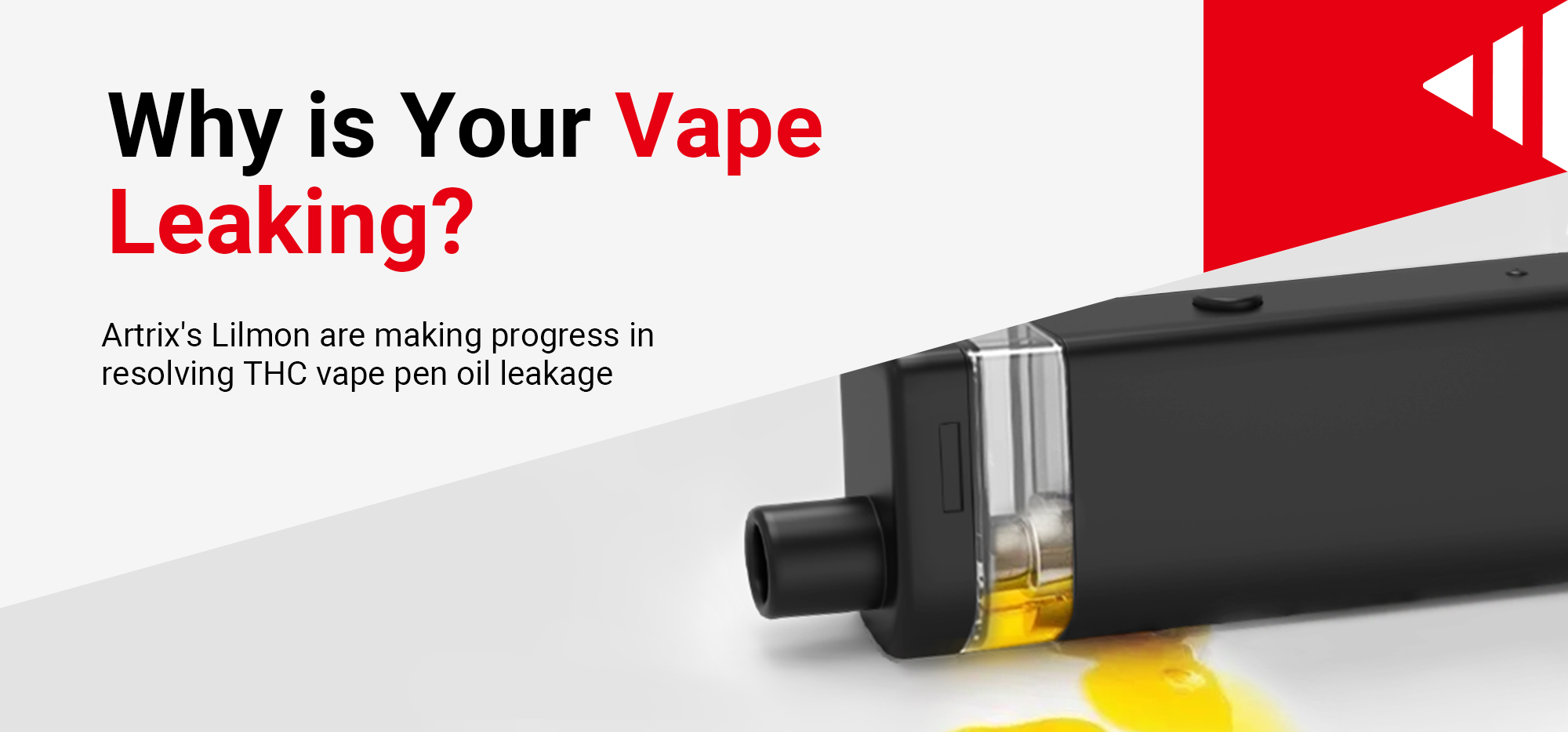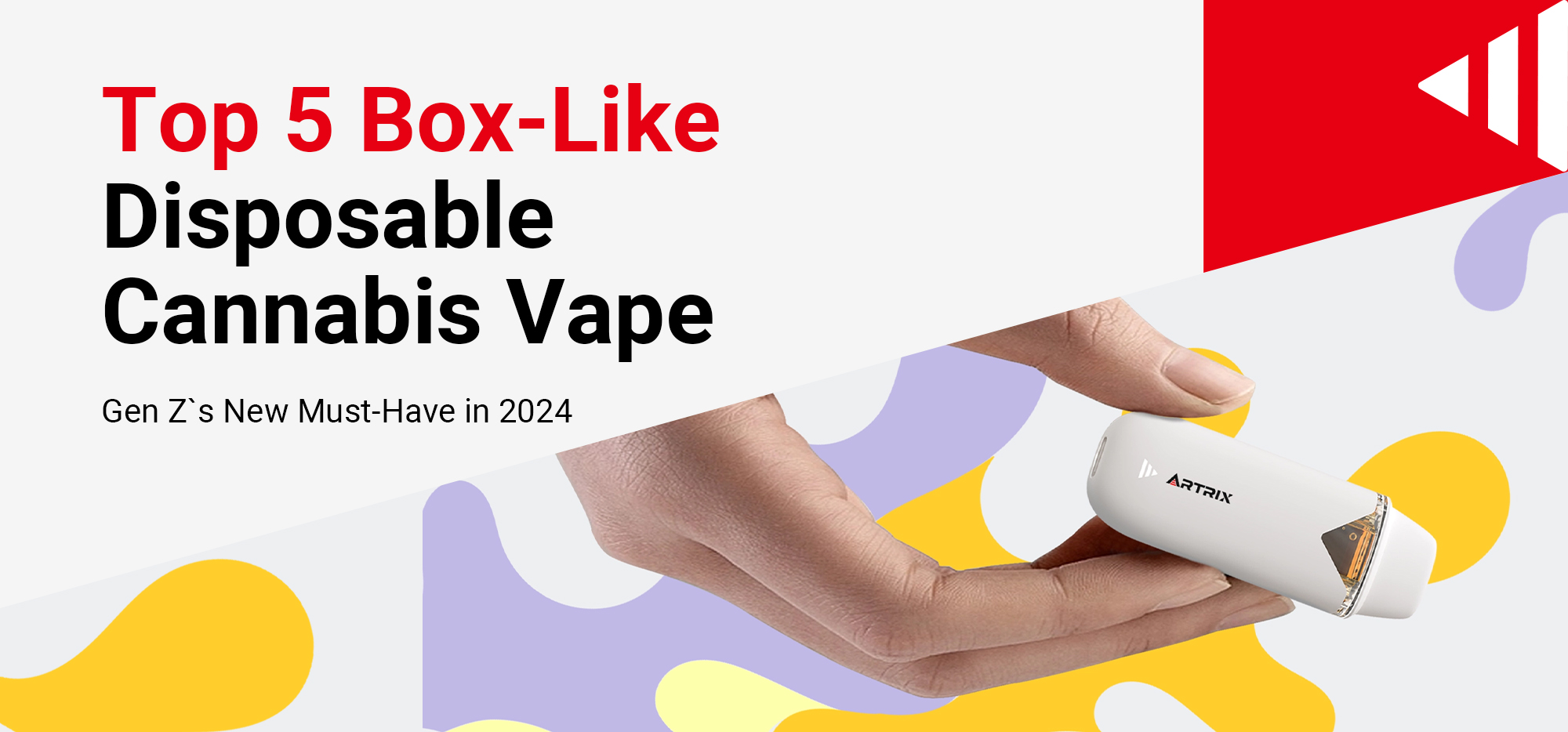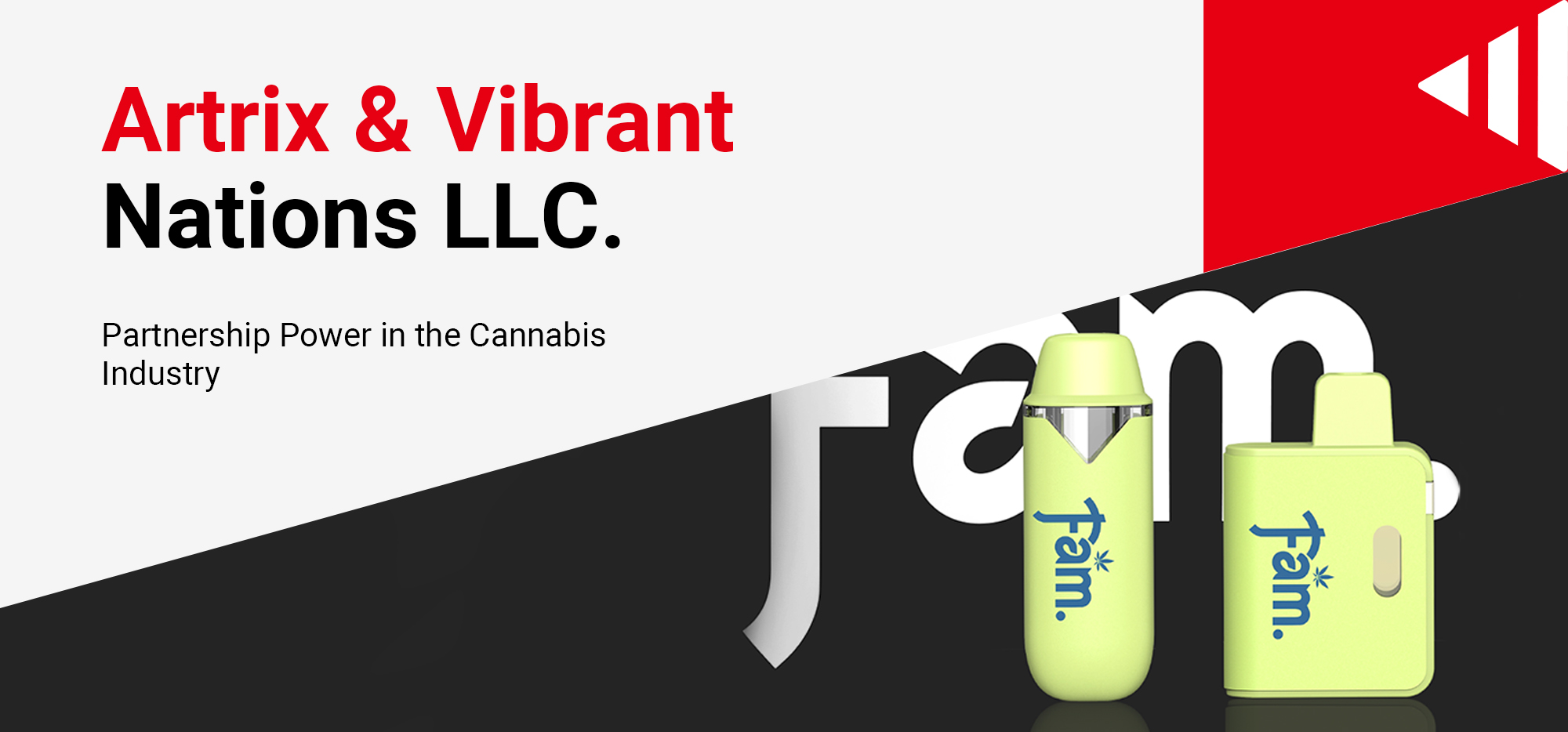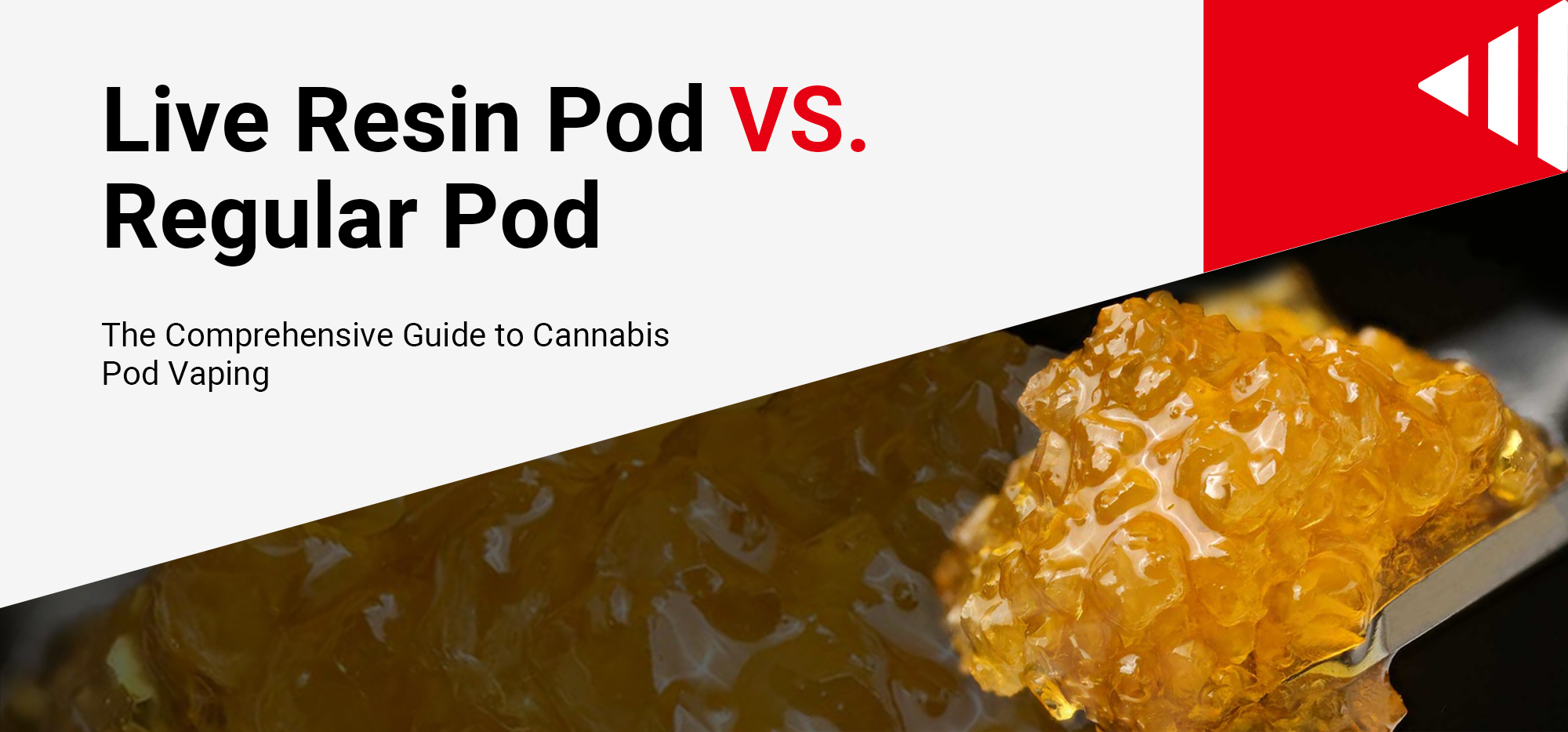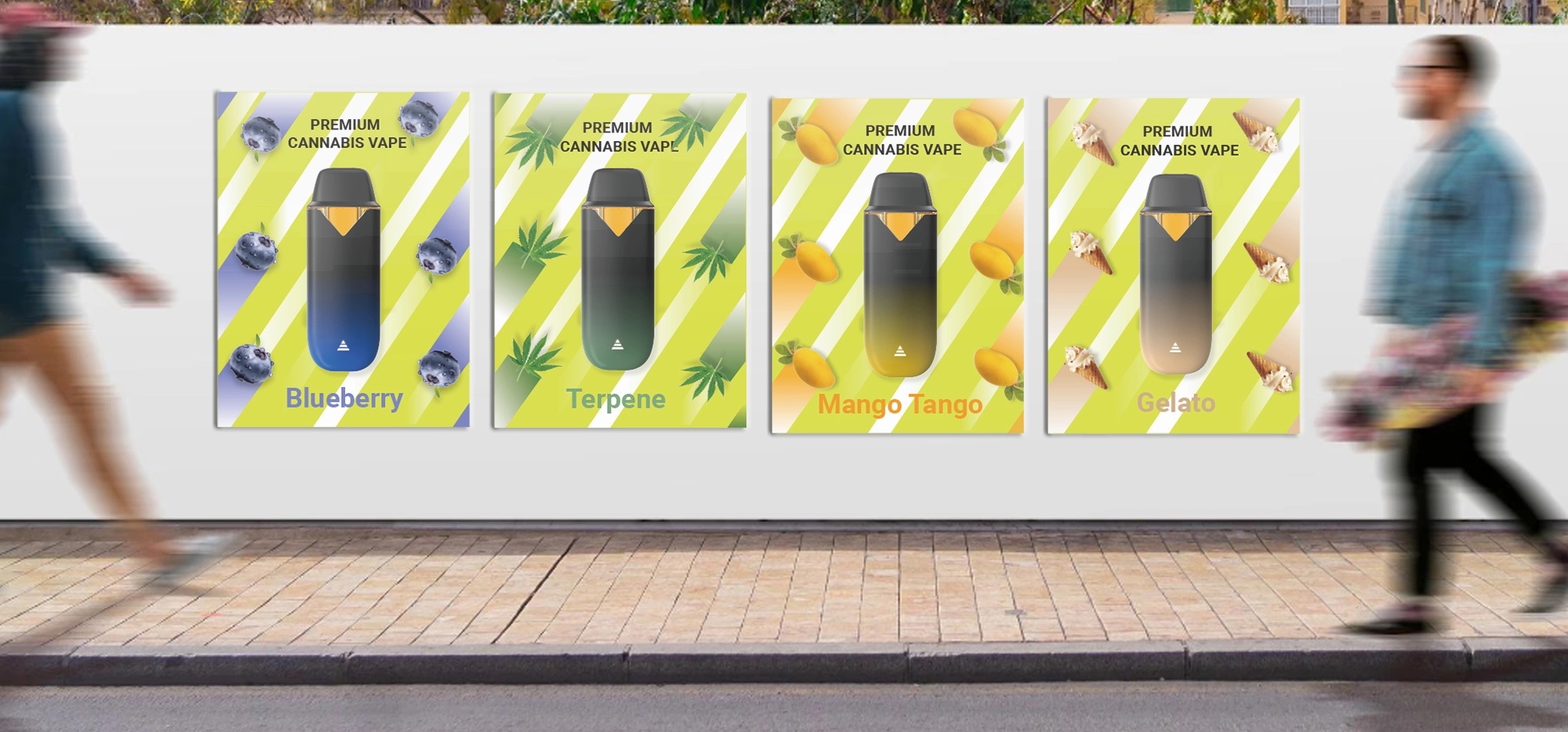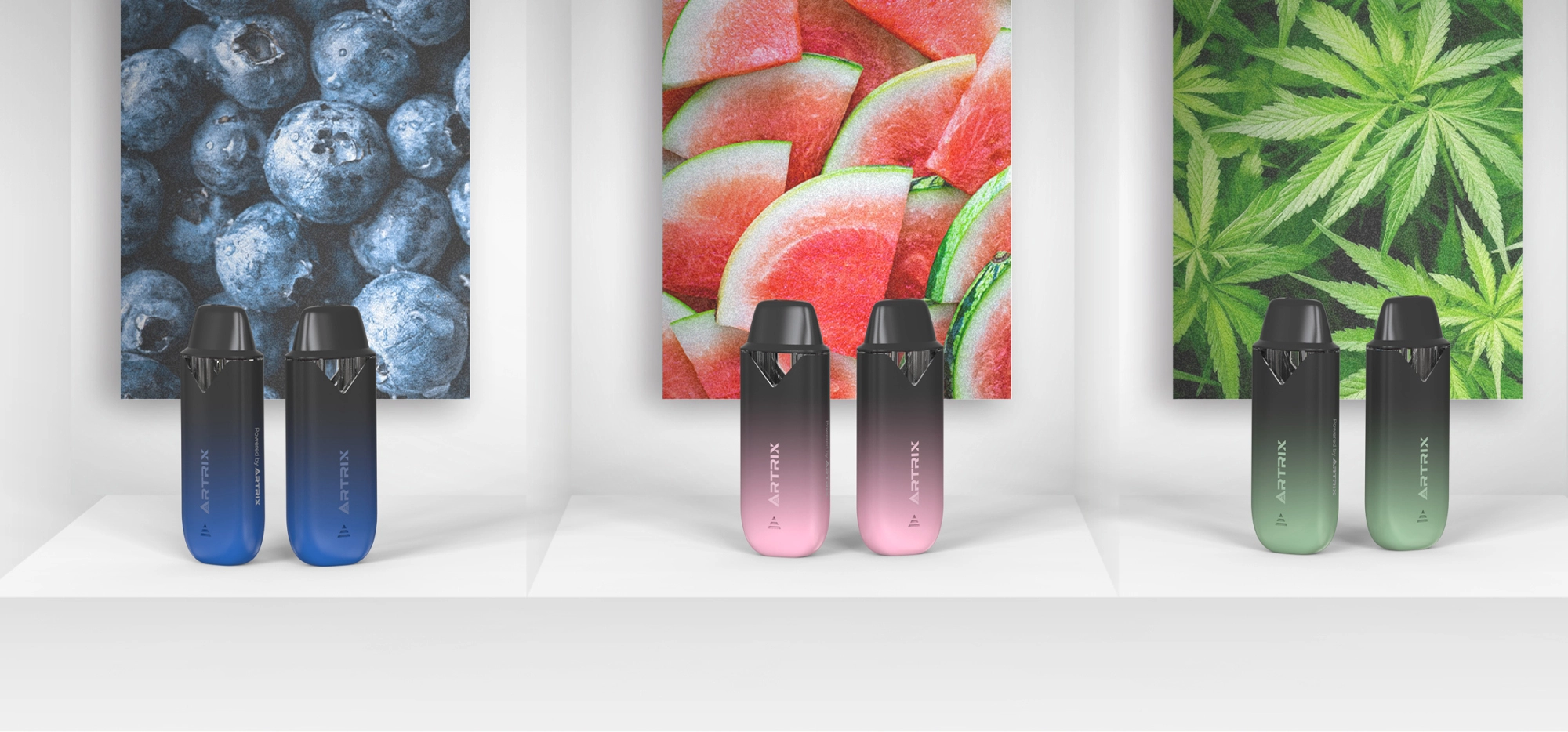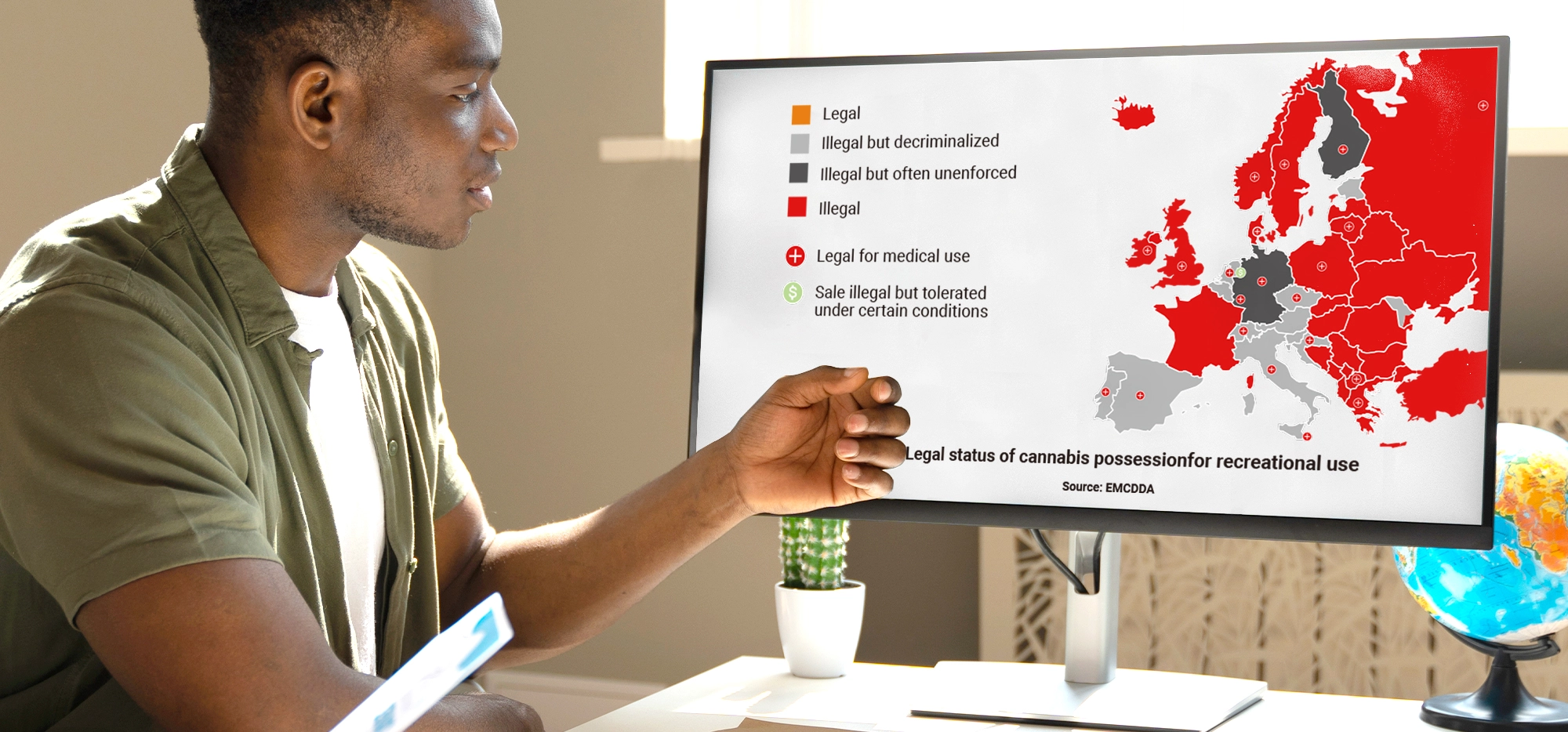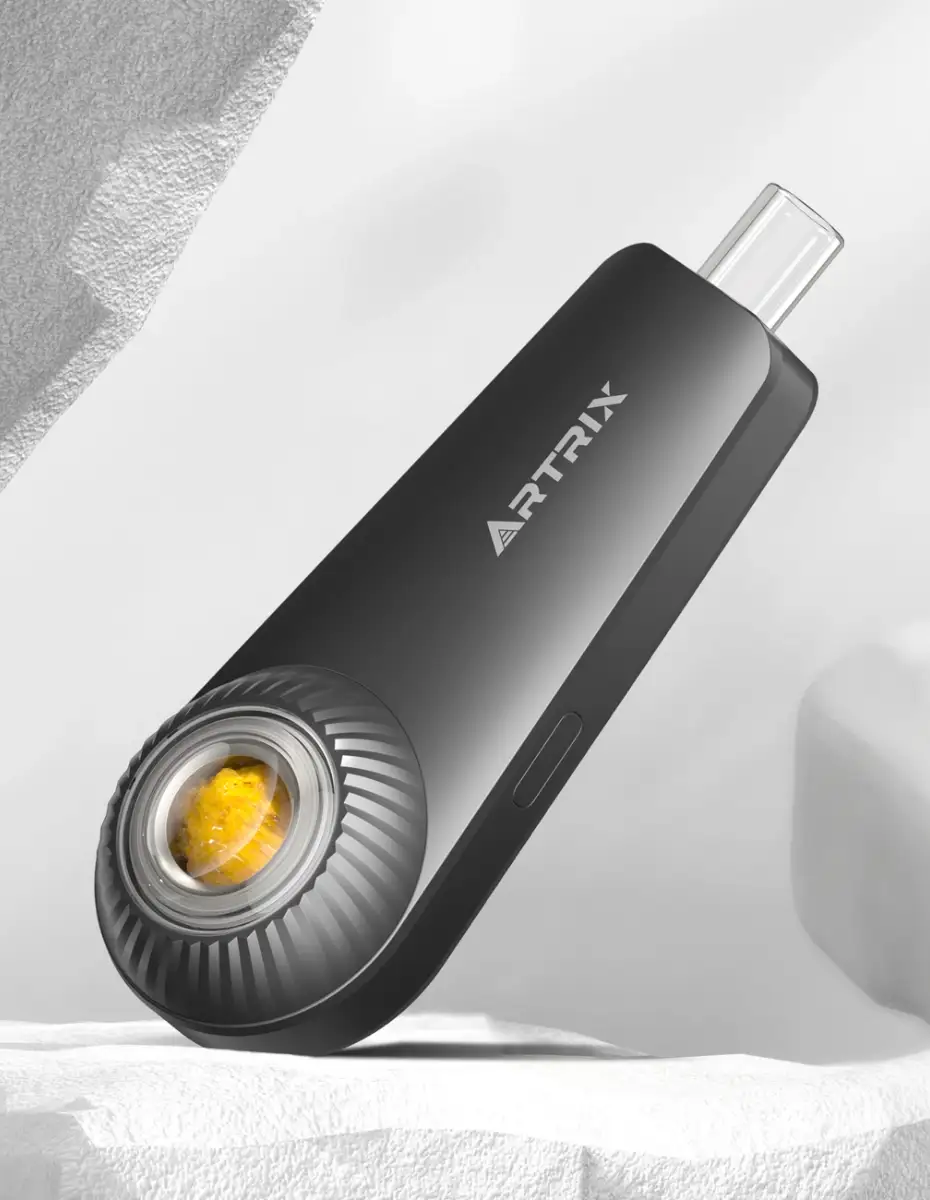What is CBG Good For? Everything You Need To Know
Keywords : CBG, CBD, CBG Product
CBD has become very popular, choosing the right health supplement can be confusing because it’s too much. But now, there’s a new option catching people’s interest: CBG.
This article will help you understand how CBG is different from CBD. We’ll talk about what each one does and how they can be useful. By the end, you’ll have a better idea of whether CBG or CBD might be what you need for better health.
What Exactly is CBG?
Cannabigerol, known as CBG, is one of over 100 cannabinoids found in the hemp plant. It’s known as “the mother of all cannabinoids” because it’s the original source from which other cannabinoids are developed.
The starting point is actually an acidic form called Cannabigerolic Acid (CBGa). CBGa can change into other acidic forms like CBDa (the precursor to CBD) and THCa (which leads to THC). After this transformation, these acids can be converted into CBG, CBD, and THC.
Most of the time, CBGa is used to create CBD and THC, but CBG itself, which is CBGa’s non-acidic form, has its own benefits. Although not as well-known as CBD, it is gaining attention for its potential health benefits. People are starting to notice how CBG might help with stress, anxiety, and pain. It’s also being researched for its effects on brain-related conditions like glaucoma, Huntington’s disease, and Parkinson’s disease.
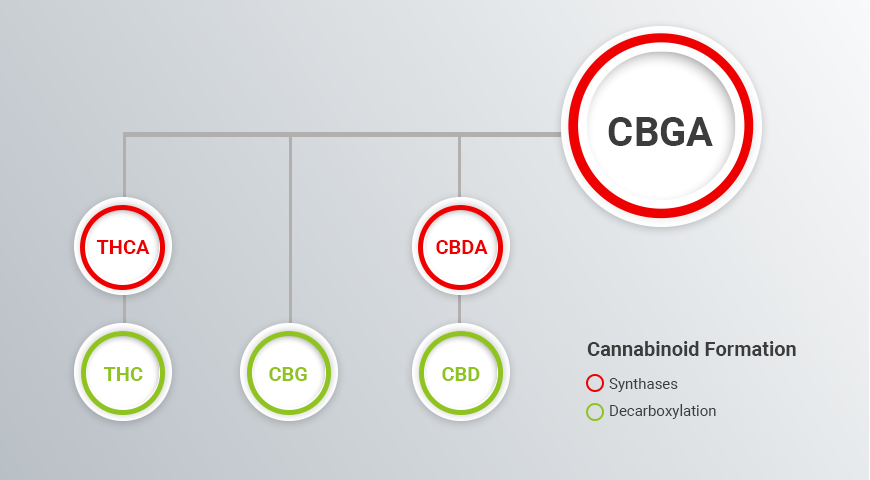
Does CBG Get You High? How it Works in Your Body
So, does it get you high? The answer is no. it works differently in your body compared to substances like delta-8 or delta-9 THC. It interacts with your endocannabinoid system (ECS), which helps keep your body balanced and functioning smoothly.
There are two key types of receptors in the ECS:
– CB1 receptors, which are primarily located in the central nervous system
– CB2 receptors, which are primarily located in the peripheral nervous system and immune system
CBG attaches to both these receptors. But the way it connects with the CB1 receptors in your brain doesn’t produce the high feeling that THC does. So, while it has effects on your body, making you feel high isn’t one of them.
How CBG Makes You Feel
CBG, a compound found in hemp, generally makes people feel more energetic. However, it’s interesting that a few people have the opposite reaction; they find CBG calming, much like CBD or CBN. The reason behind these different experiences isn’t clear yet.
For the majority, CBG acts as a kind of mental booster. It seems to help with focusing deeply on tasks, whether it’s for work or study. Users often describe this as achieving a “tunnel-vision” effect, where they can stay really engaged in their activities without getting easily distracted.
Interestingly, even those who find it energizing also notice a sense of calmness. This isn’t the jittery, restless type of energy you might get from caffeine. Instead, it seems to help organize your thoughts, making it easier to stay present and on-task without feeling overwhelmed or scattered. This leads to a gentle, focused type of energy.
Health Benefits of CBG and CBD
CBG has shown potential in cancer treatment and as an antibiotic, while it is commonly used for stress and anxiety relief, sleep management, and pain relief. Both cannabinoids offer a range of health benefits that make them popular choices for consumers seeking natural remedies.
CBG Dosage for Pain and Cancer Treatment
CBG is gaining attention to its potential role in cancer treatment, especially with studies pointing to its effectiveness against colorectal cancer and colon carcinogenesis. This is a groundbreaking development, as it opens up new possibilities in the fight against one of the world’s most challenging diseases.
Moreover, CBG exhibits impressive antibacterial properties, particularly against antibiotic-resistant strains like MRSA (methicillin-resistant Staphylococcus aureus). This positions it as a potential key player in the development of new, more effective antibiotics.
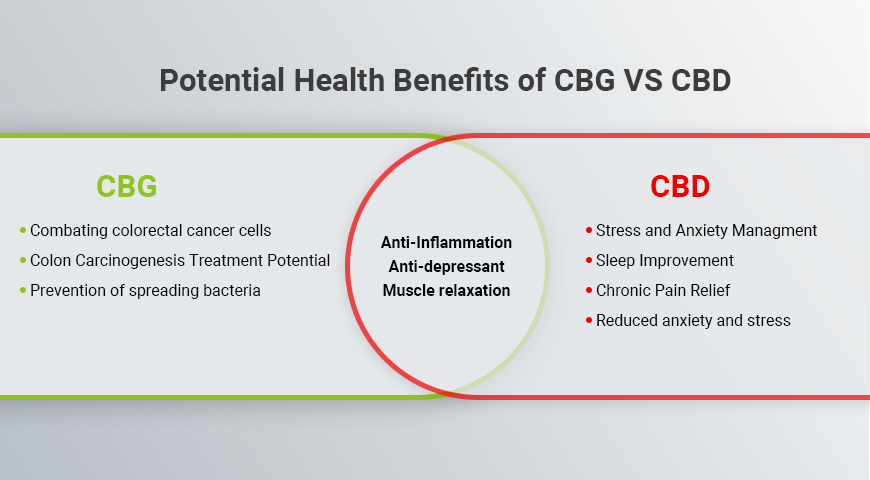
CBD Dosage for Stress and Anxiety, Sleep and Pain Management
On the other hand, CBD has become a household name for those seeking relief from stress and anxiety, sleep disturbances, and chronic pain. It’s been studied for its potential in alleviating symptoms of various anxiety disorders, including generalized anxiety disorder, social anxiety disorder, and PTSD.
CBD’s benefits extend to sleep management, where it’s shown promise in improving sleep quality and patterns, especially for those struggling with insomnia. Additionally, its anti-inflammatory properties make it a favored option for managing chronic pain conditions like arthritis and neuropathy.
An interesting aspect of CBD is its ability to help manage daily stress without the side effect of drowsiness. This is thought to be due to its interaction with serotonin receptors in the brain, which play a key role in mood regulation.
How to Take CBD and CBG Together: Best Products
When choosing between CBG and CBD, consider your specific needs. If you’re looking for help with concentration and focus, CBG might be the better choice. On the other hand, if you need support with inflammatory function, mood, or stress, then CBD could be more suitable for you.
CBD CBG Oil / Tincture
CBD plus CBG oil, also known as tinctures, combine CBD and CBG with a carrier oil, such as MCT oil, for absorption.
The main upsides of tinctures are:
– They allow for very precise dosing (via the metered dropper)
– They have a quick onset time of 10-15 minutes since they’re taken under the tongue, rather than digested
The main downside of tinctures is the taste — the earthy flavor of cannabinoid extracts can take some getting used to.
CBD CBG Capsules
CBD and CBG oil can be put into a digestible capsule that you swallow. The upsides of capsules are:
– They make dosing easy and consistent
– they are tasteless
The downside of capsules is that, like gummies, it can take up to 1 hour to feel the effects.
CBD CBG Gummies
Gummies are the most common type of edible. The upsides of gummies are:
– They taste delicious
– They deliver a consistent amount of CBD and CBG per piece
The only downside of gummies is that, since they’re digested, it may take as long as 1 hour to begin feeling the effects. Know more about cannabis gummies
CBD Vape Product
The most common products in the market are CBD vape products. Typically, a portion of these products incorporates CBG alongside CBD. Disposable vape and cartridges are becoming increasingly popular due to their quick effectiveness and user-friendly nature. Inhaling through a Vape device allows CBD and CBG to rapidly enter your system, ensuring a quicker onset of their effects. Moreover, using a Vape device is straightforward, allowing you to easily control the dosage.
But, there are some downsides to keep in mind. Vaping can have some health risks, especially if you have lung or breathing problems. Also, getting started with vaping means buying a vaporizer and maintaining it, which can be expensive.
How Long CBG and CBD Stay in Your System
Starting with CBD, this well-known cannabinoid can remain in your system for a varying length of time, depending largely on how you use it. The term “half-life” is used to describe how long it takes for half the amount of a substance to be eliminated from your body.
For CBD, this can range quite a bit. For instance, if you use CBD sprays or drops, they might stay in your body for about a day or even up to 2 days. However, if you’re taking CBD products orally on a regular basis, like through capsules or edibles, it could stay in your system for much longer – from 10 days to nearly a month.
On average, you can expect CBG to remain in your system for 24-48 hours. But several factors can affect the duration, such as higher doses or prolonged use can enable the CBG to stay in your body for up to a week. If you’ve been taking it for a long time, then you should expect traces of CBG to stay in your system for at least a week.
How Much CBG should I take
The optimal dosage for anxiety may vary depending on individual factors and the severity of symptoms. While there is no standardized dosage for CBG specifically for anxiety, it is recommended to start with a low dose (around 10-20mg) and gradually increase if necessary while closely monitoring the effects. It is advisable to follow the dosage instructions provided by the manufacturer for the specific CBG product you are using.
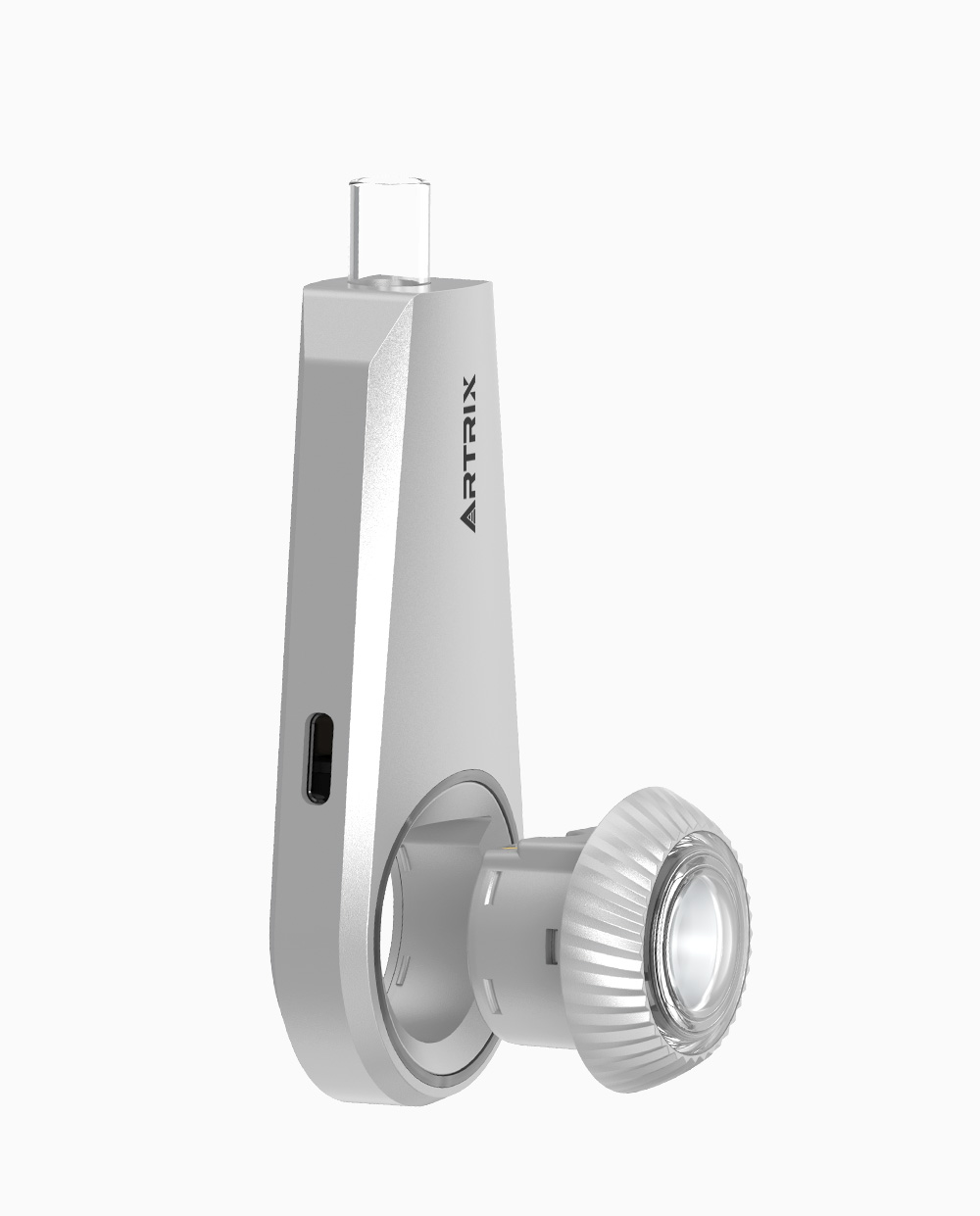
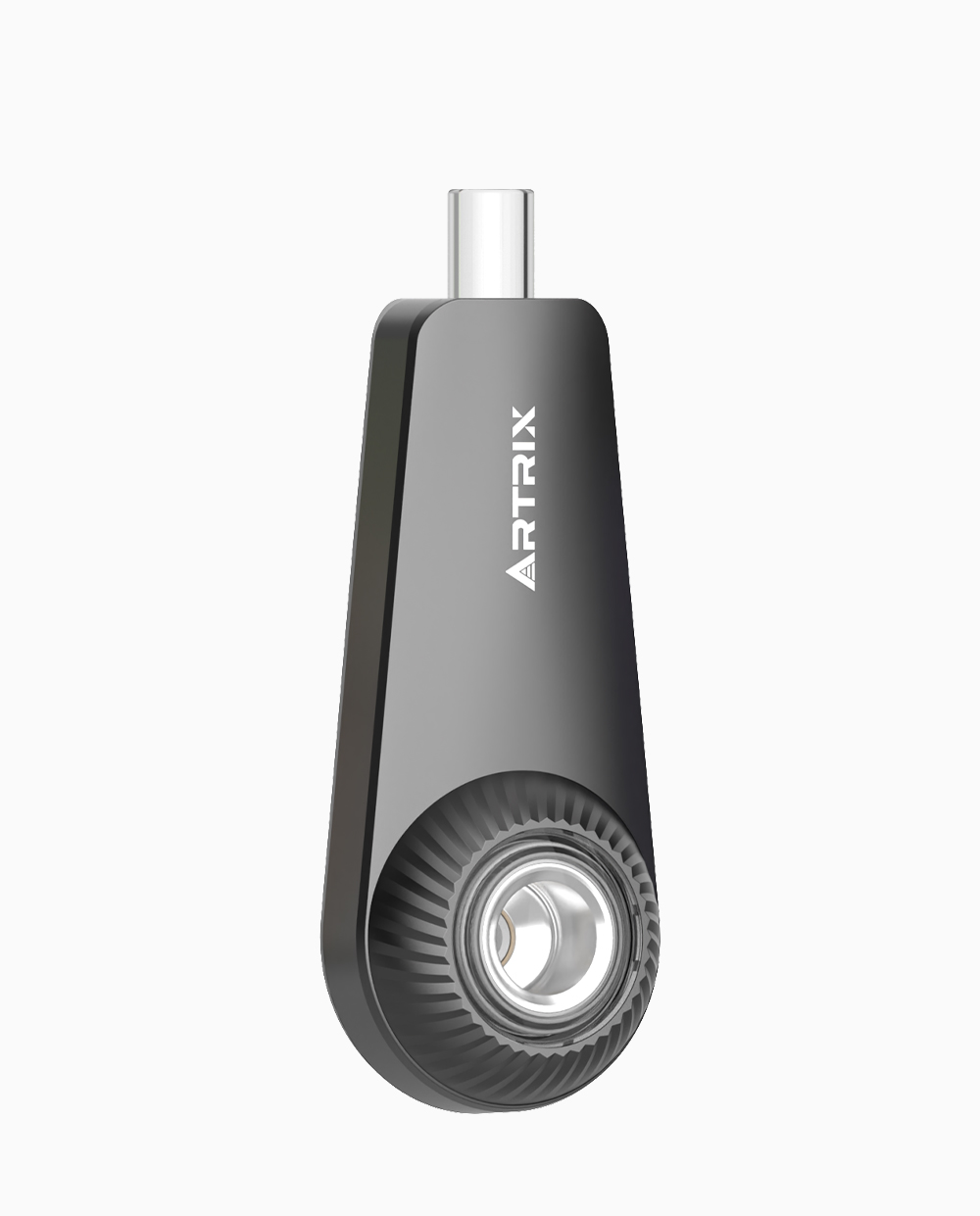
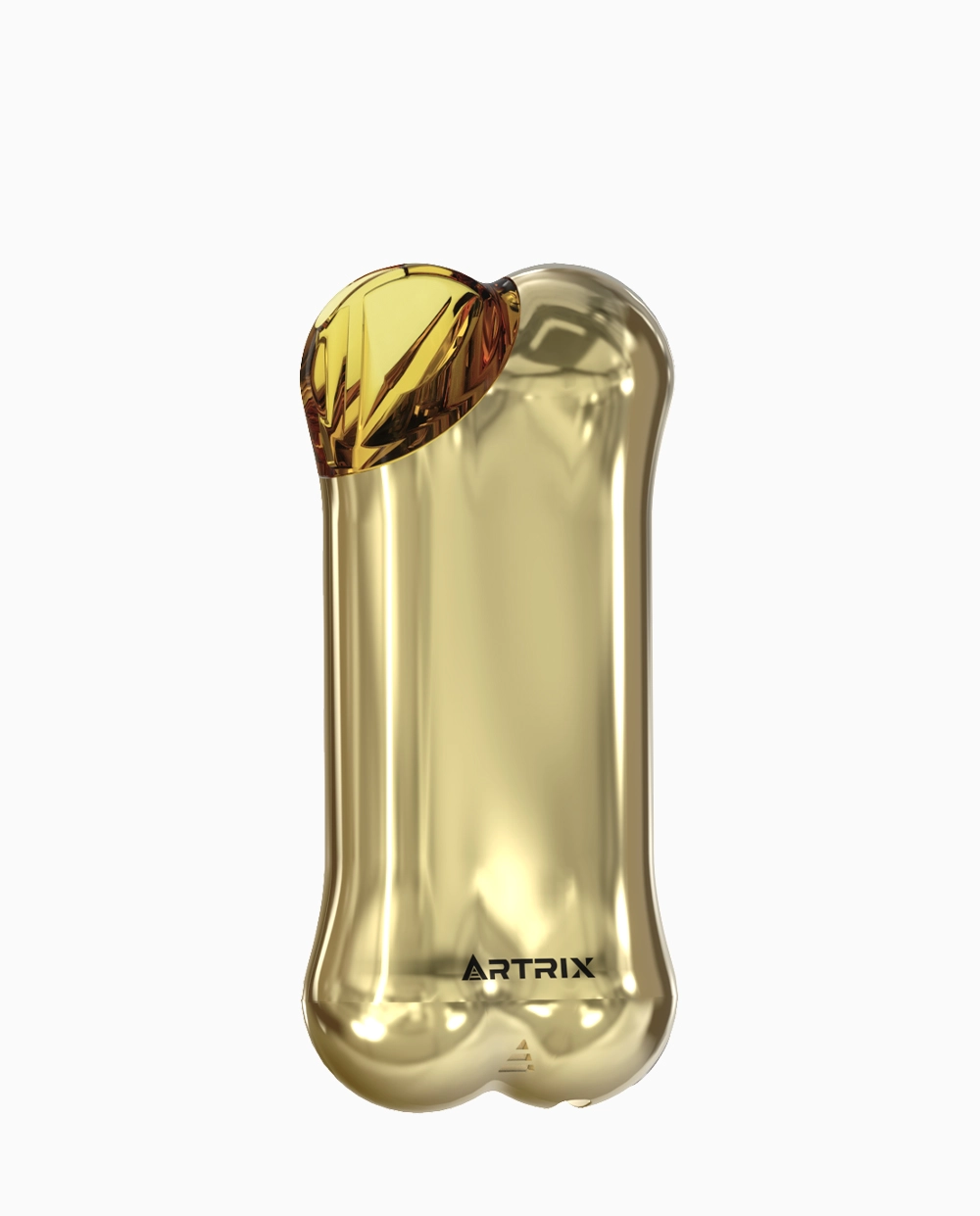
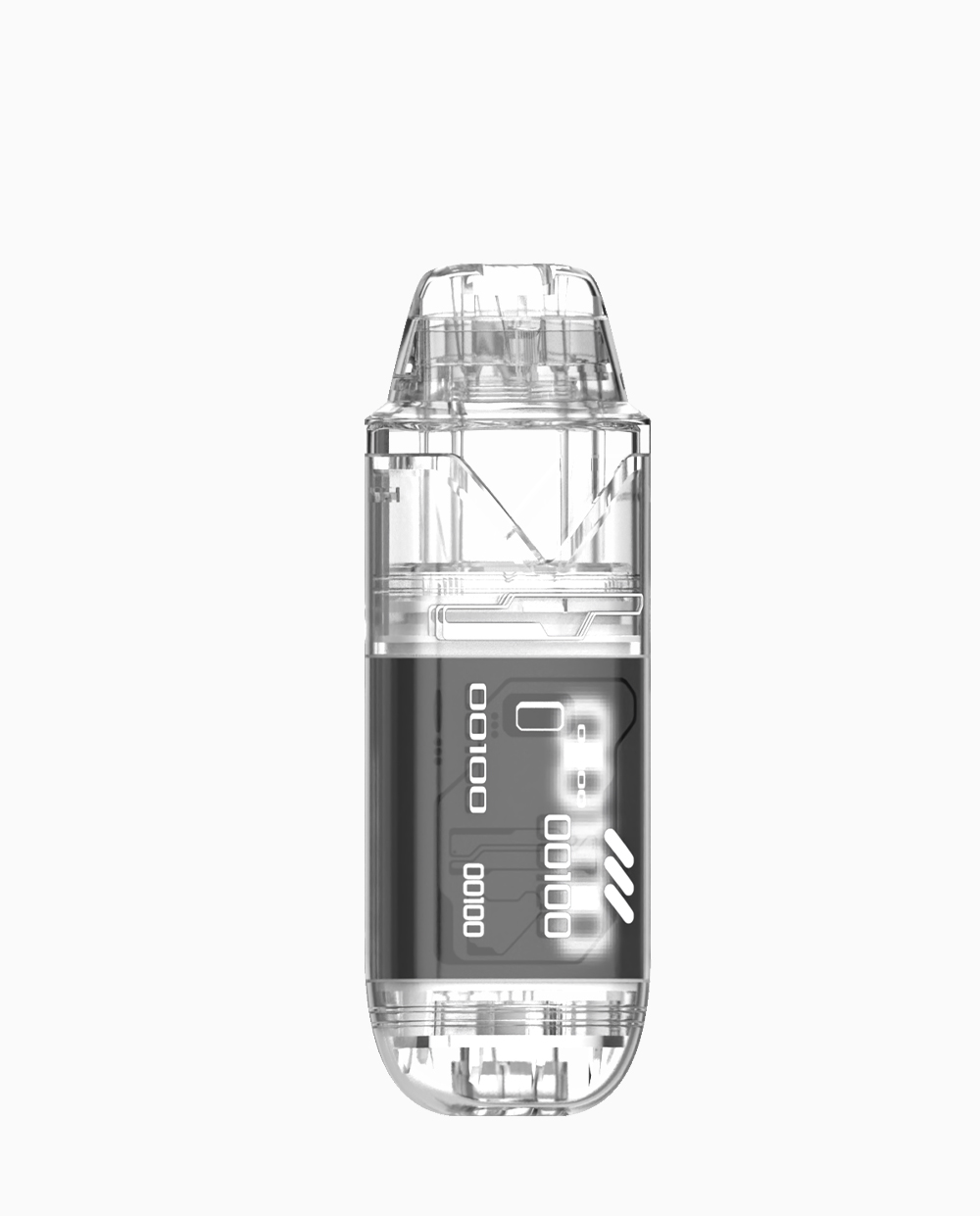
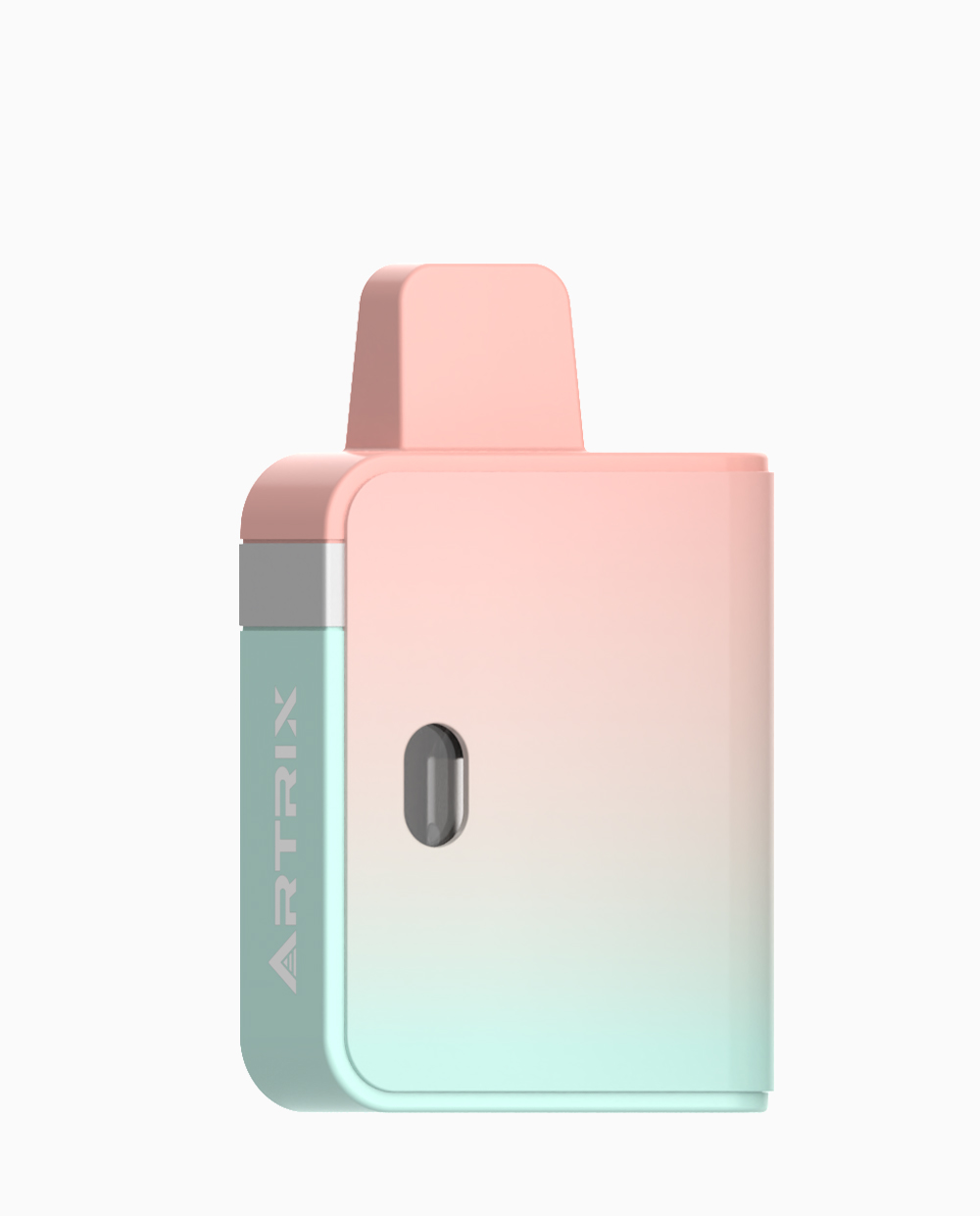

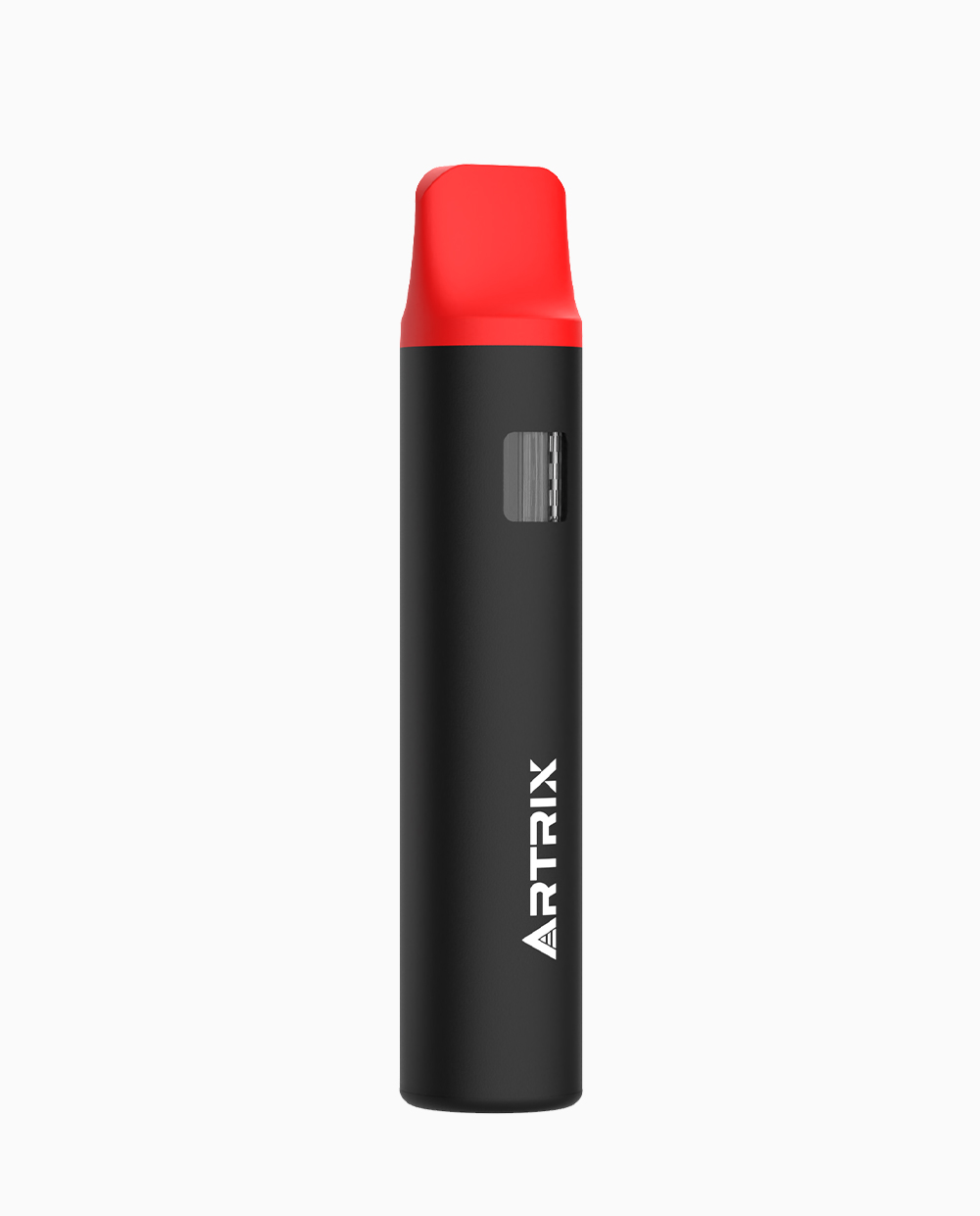
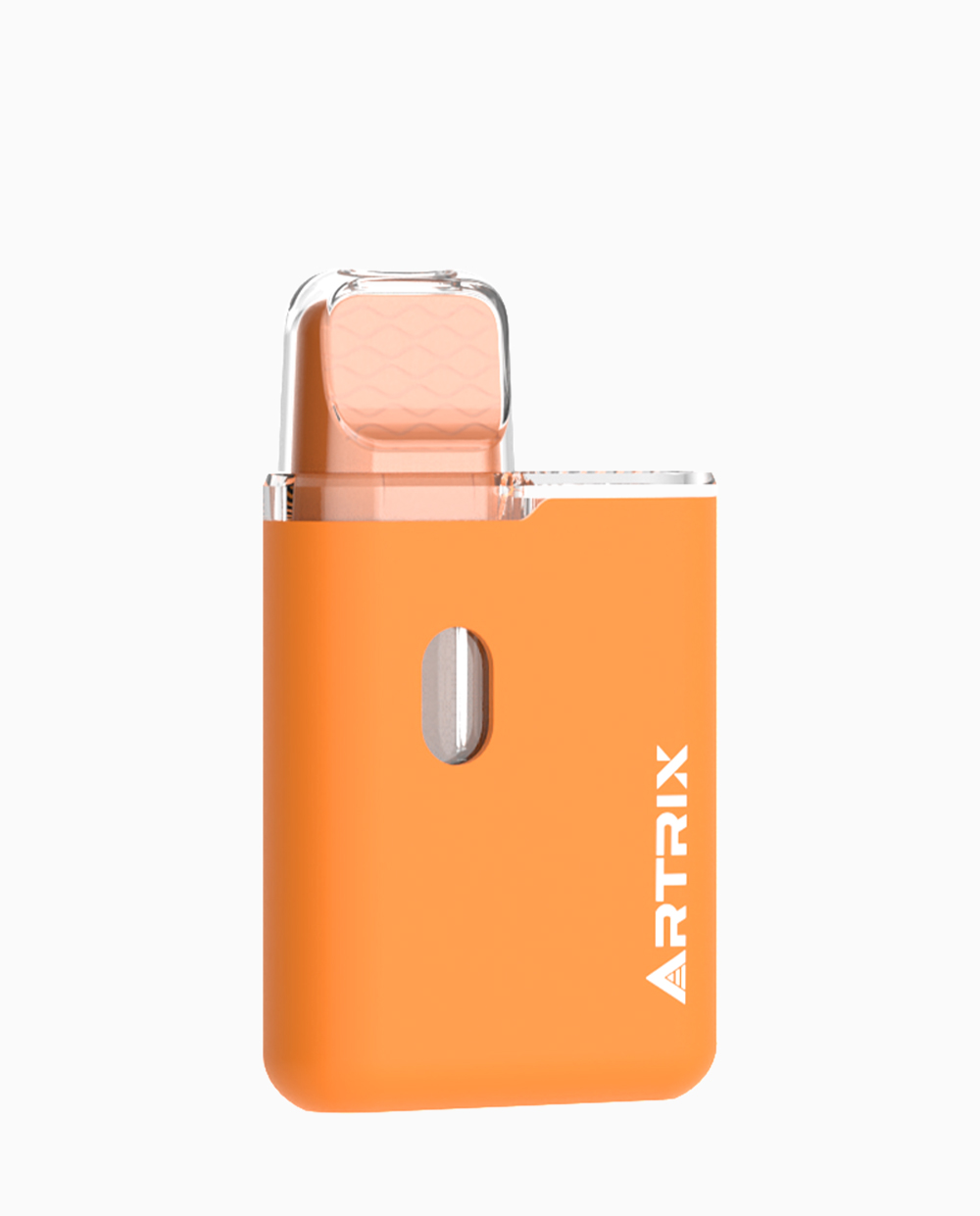
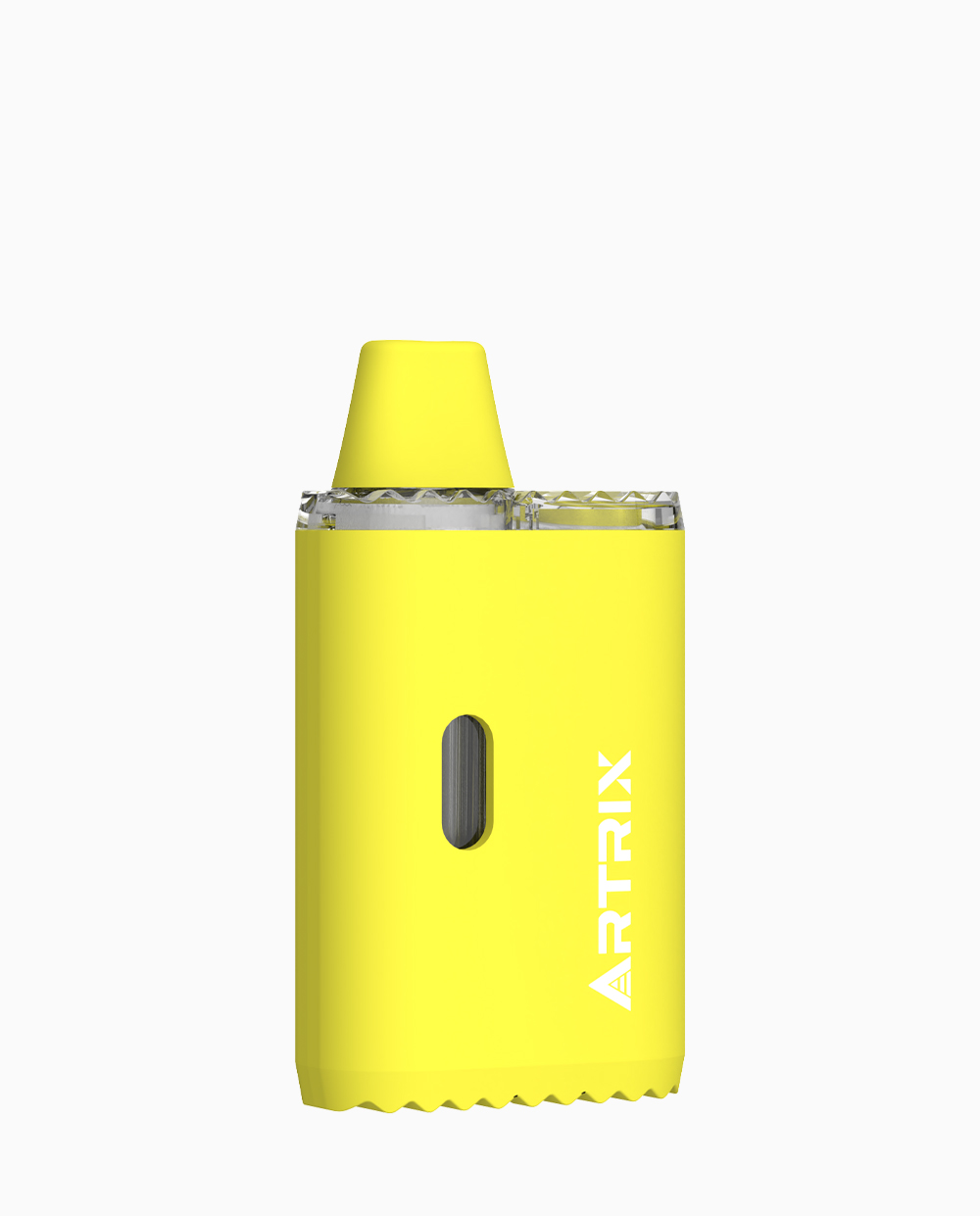
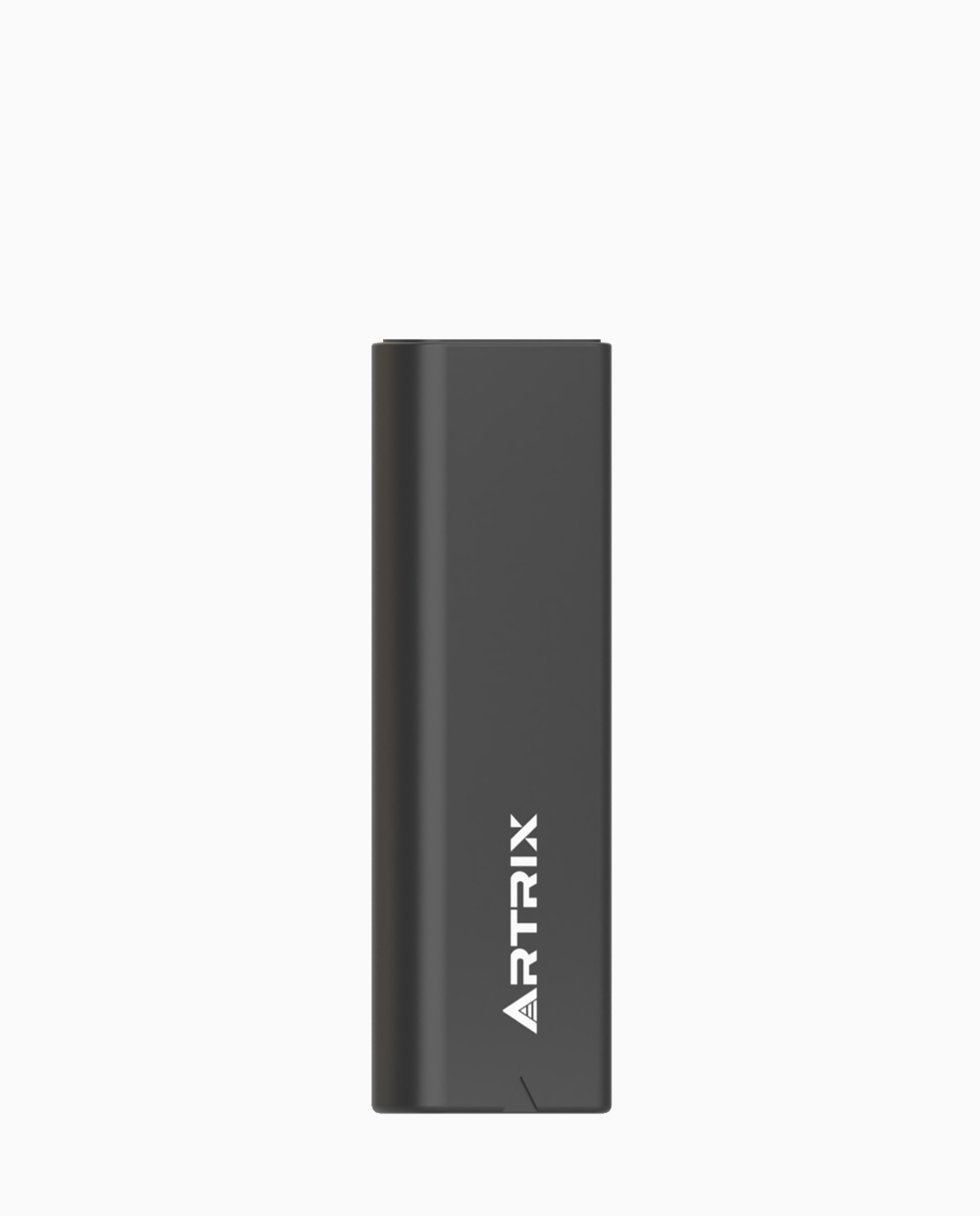
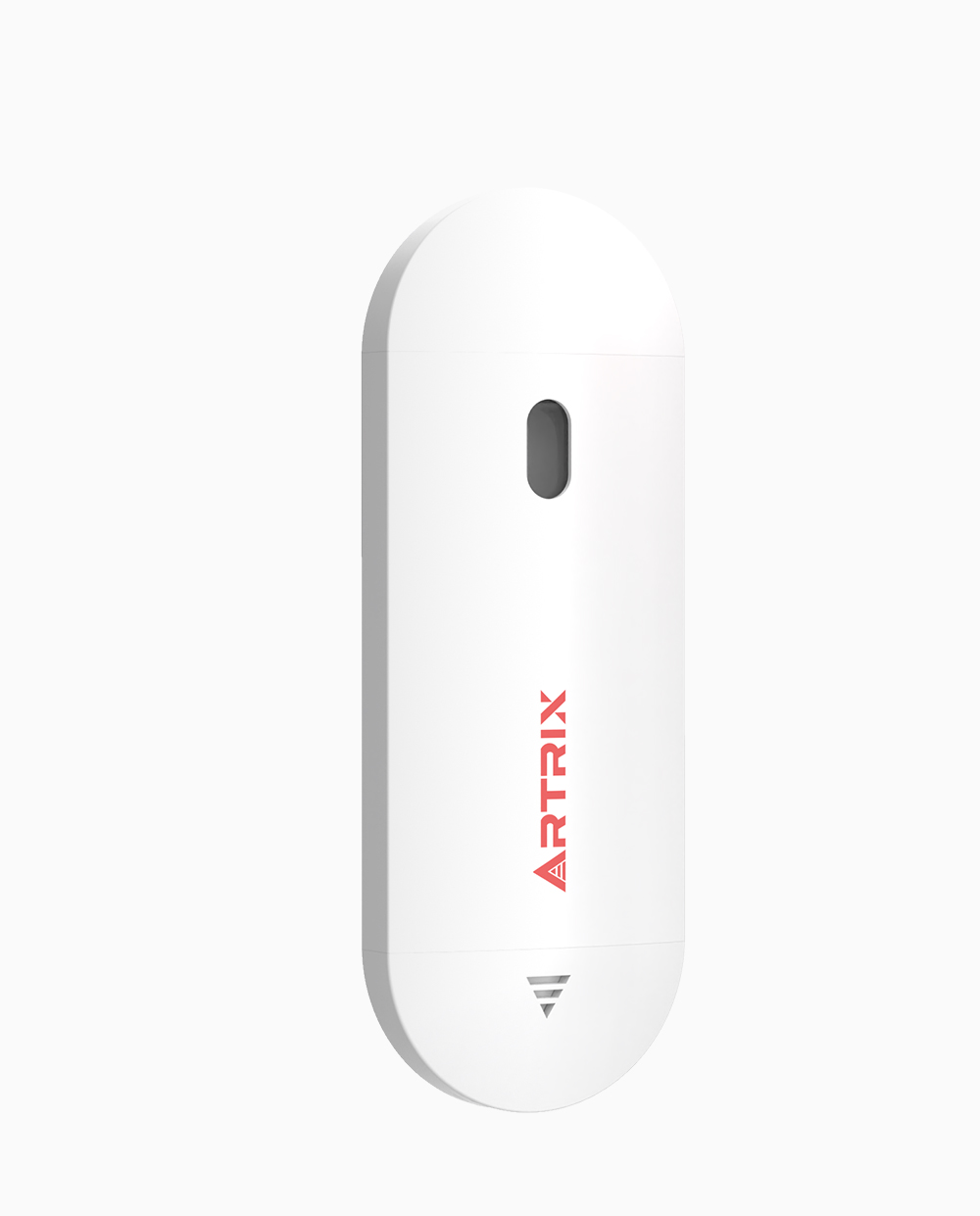



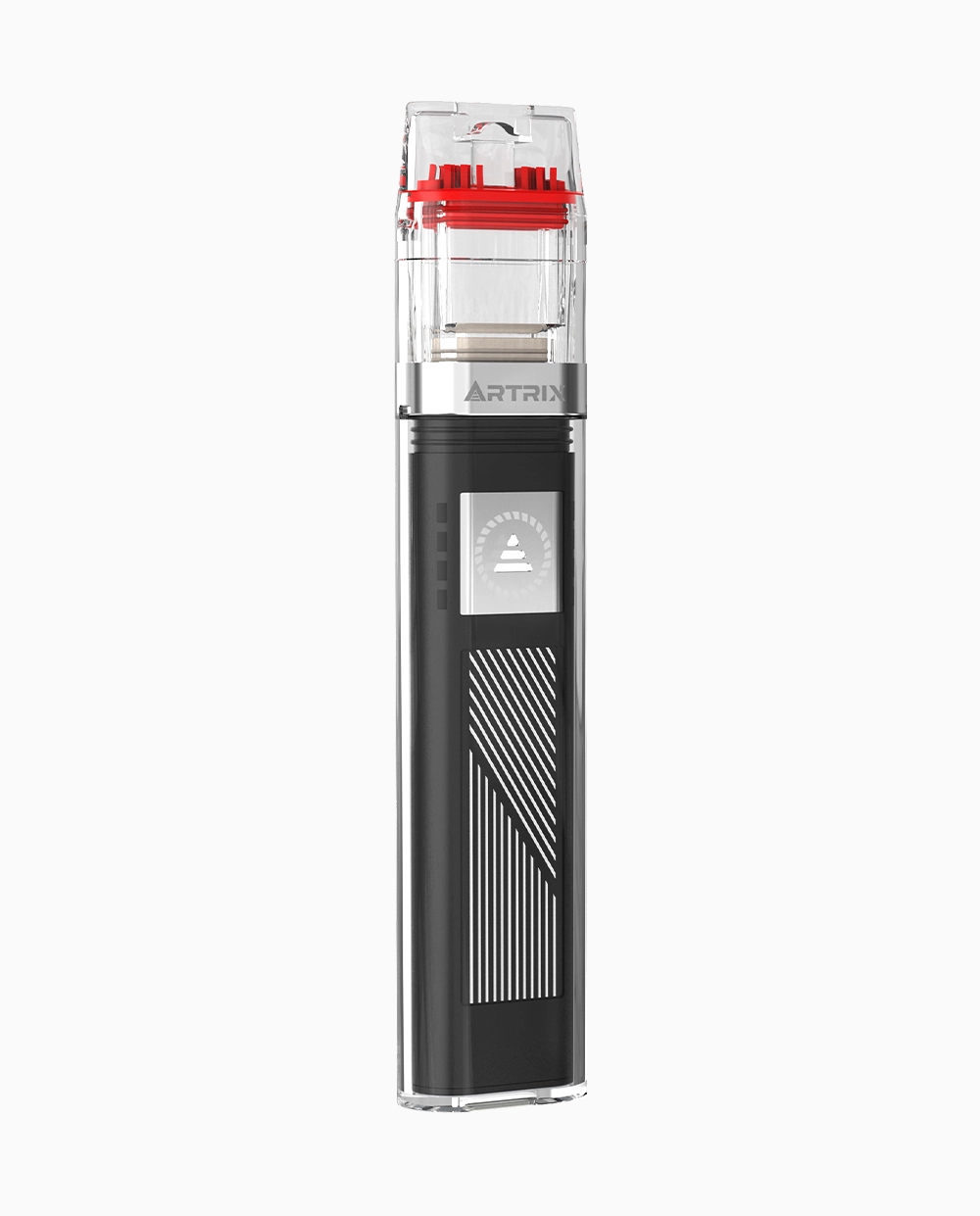
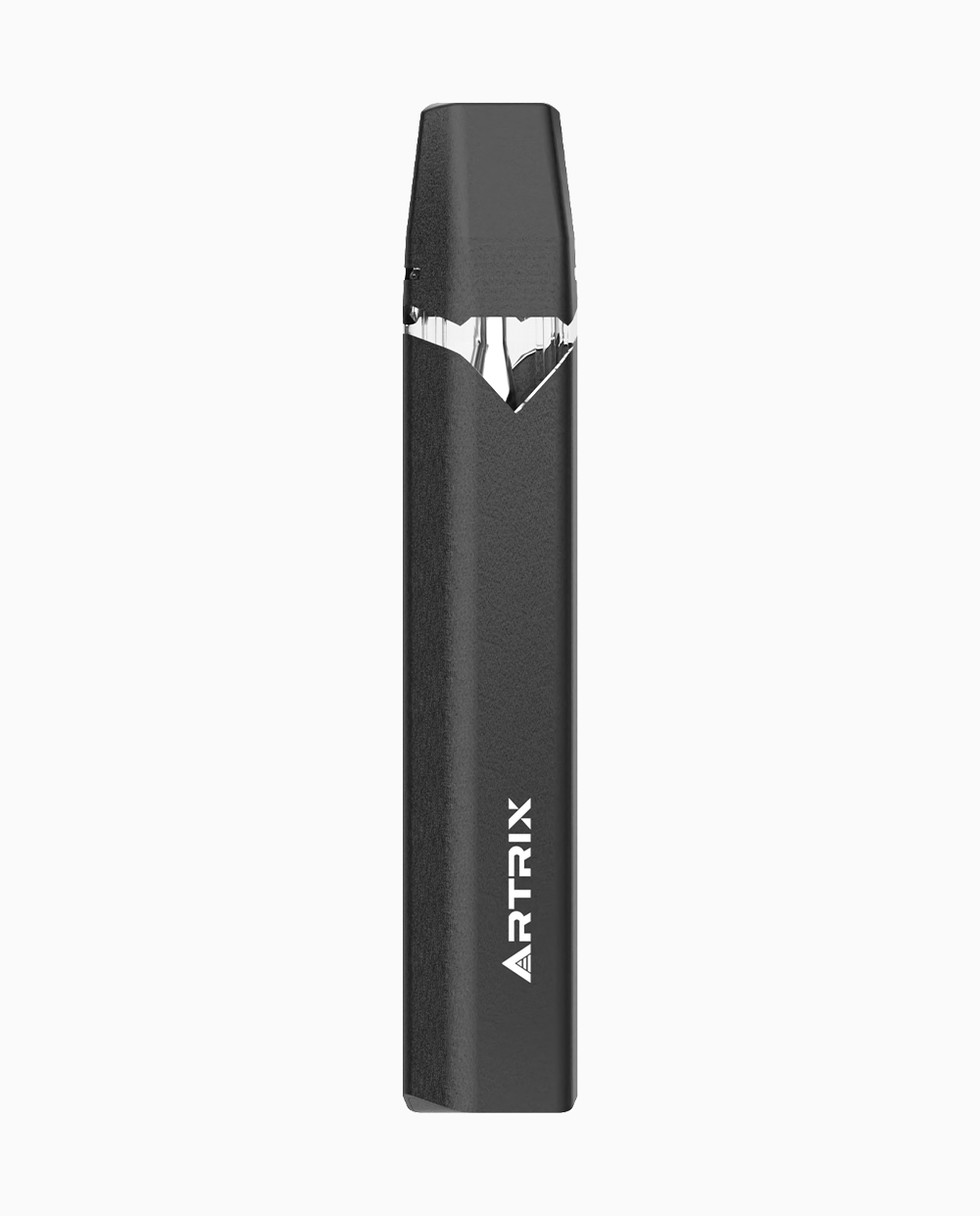
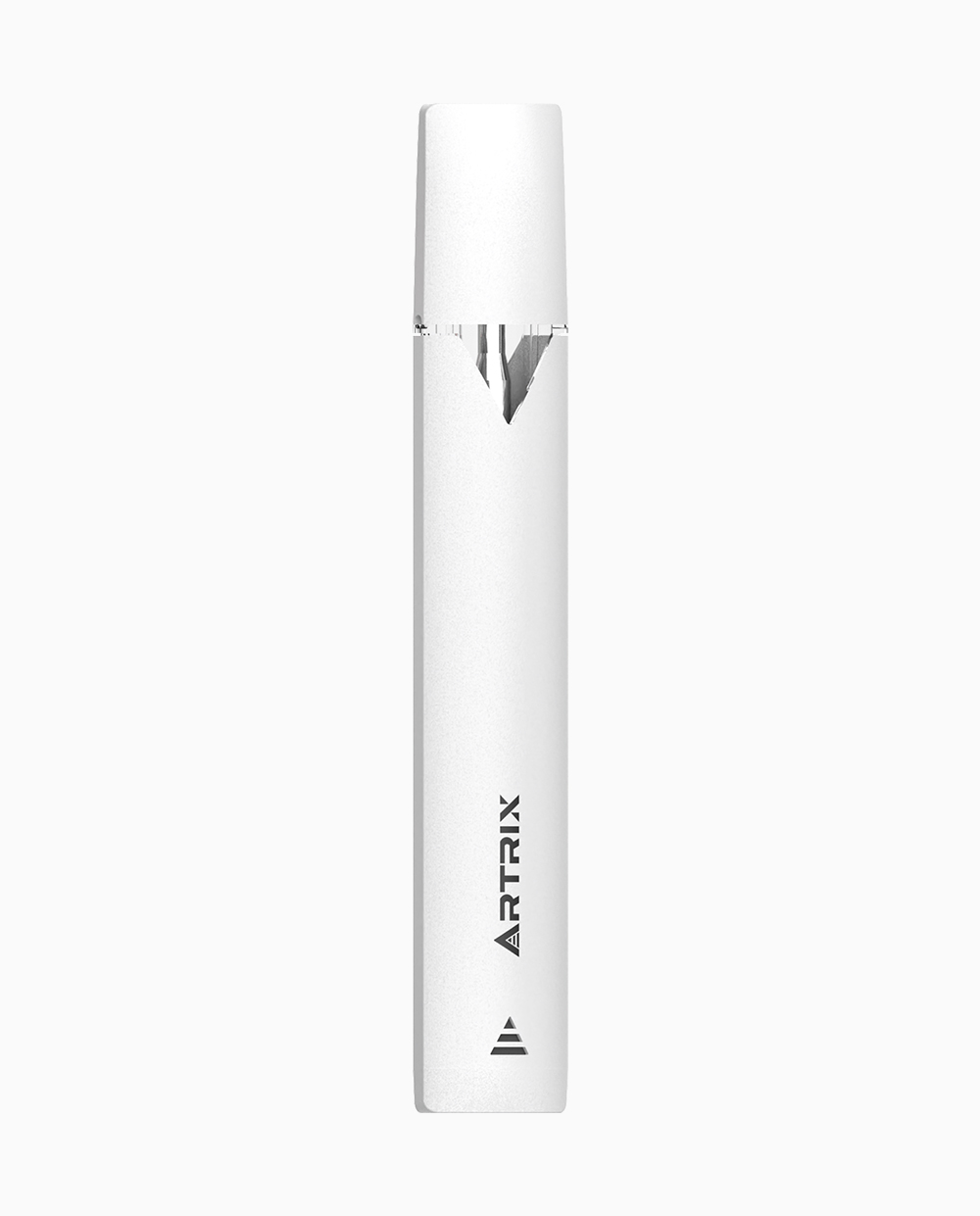
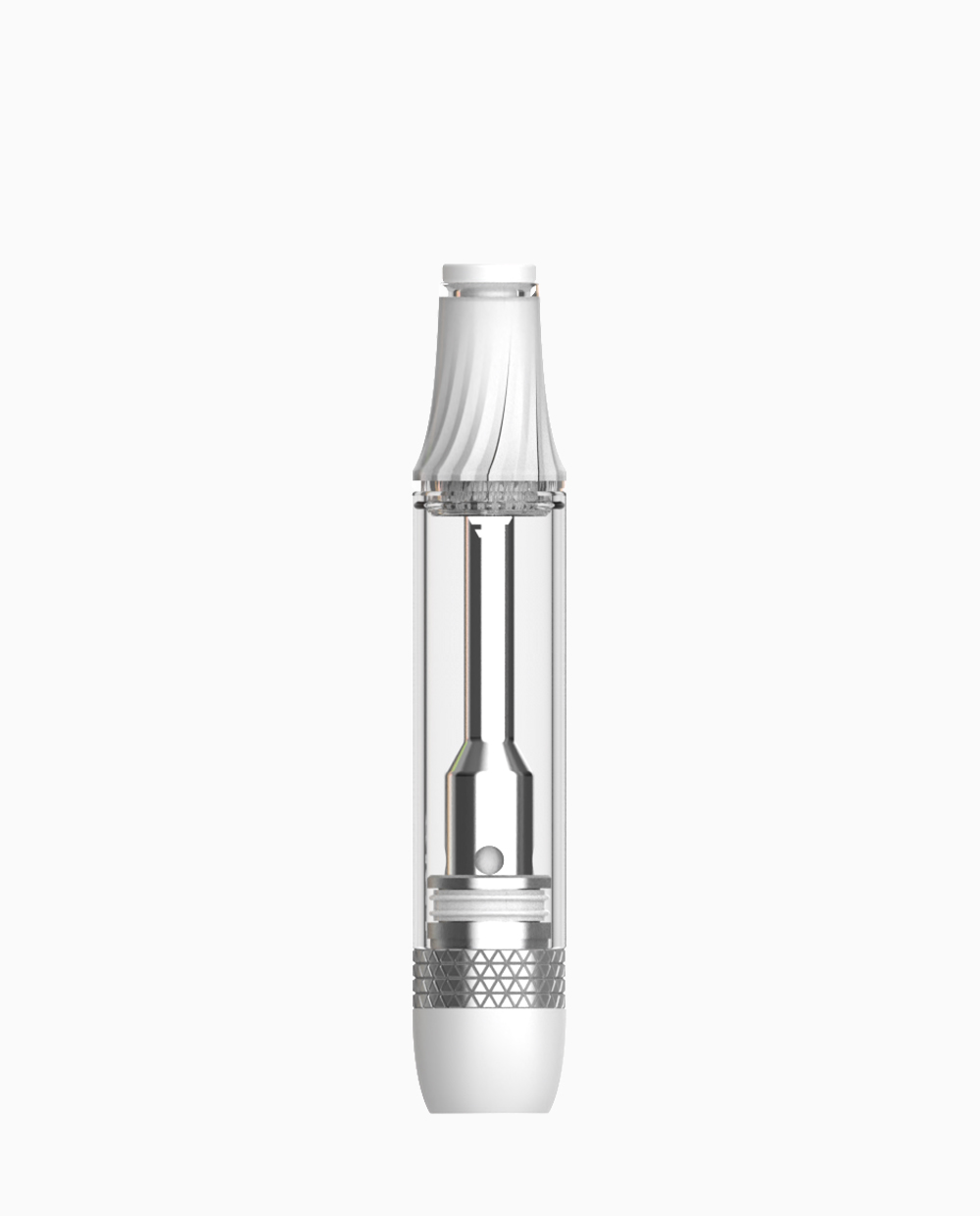

-1.webp)
-1.webp)
-2.webp)


